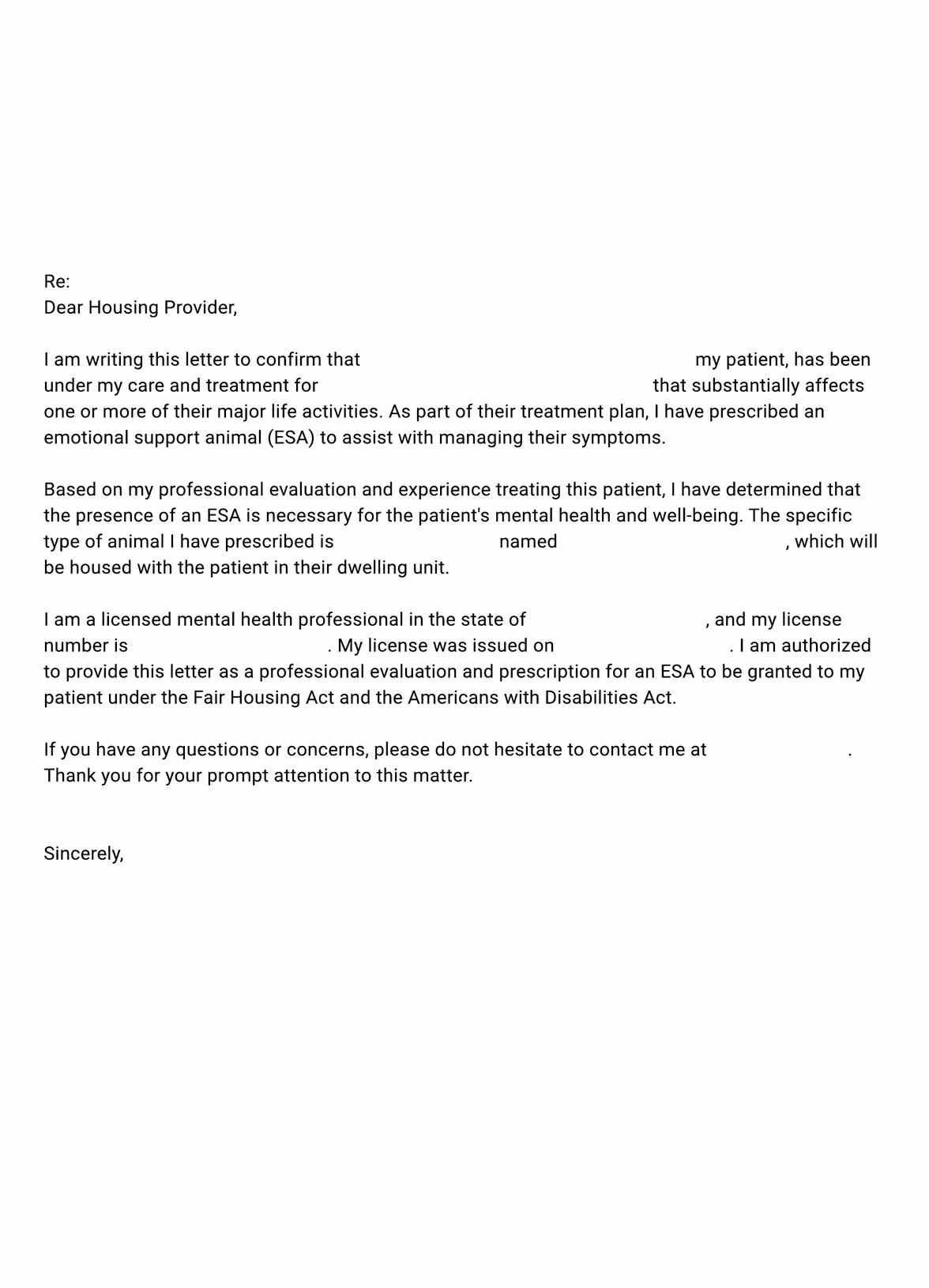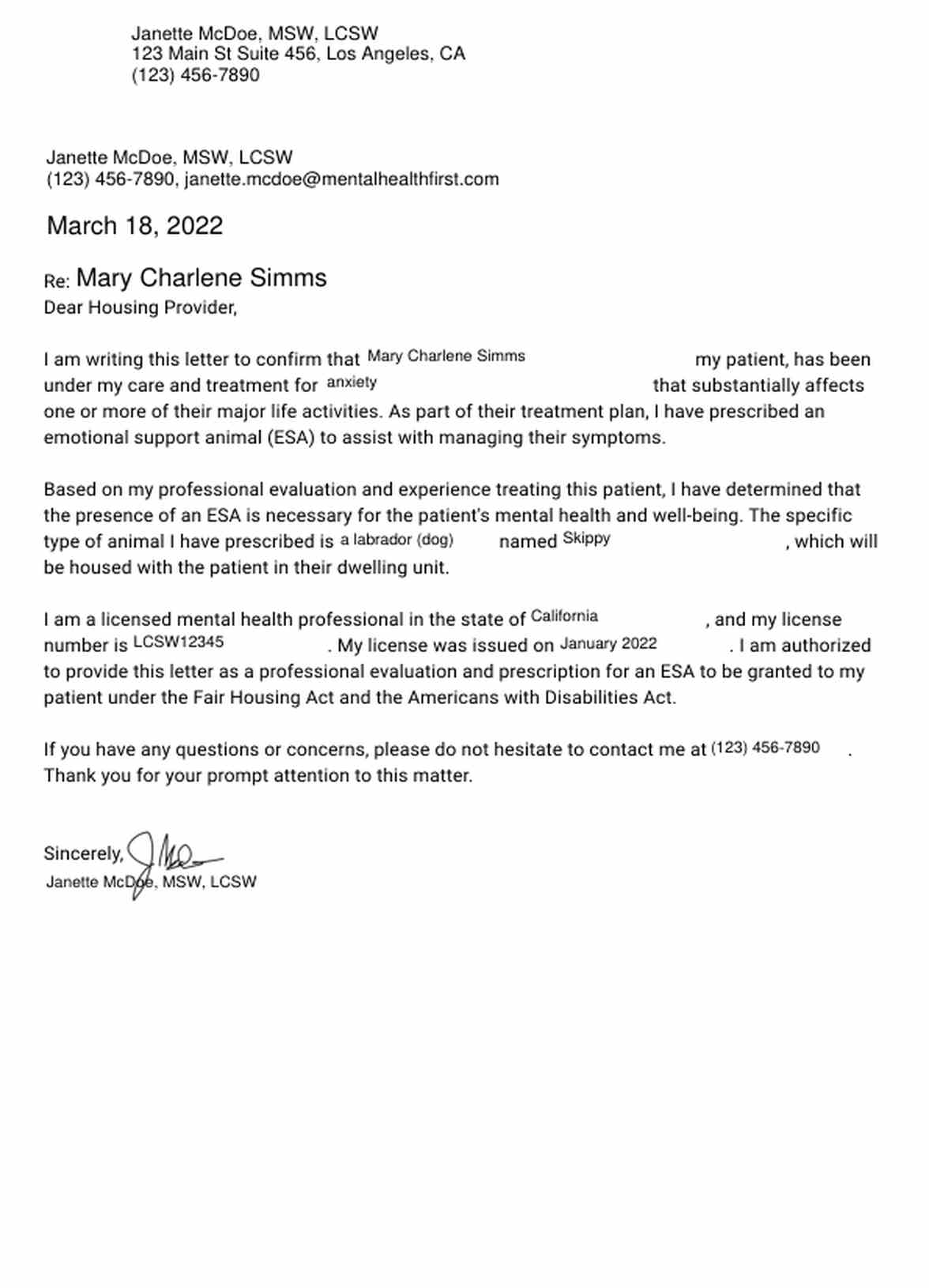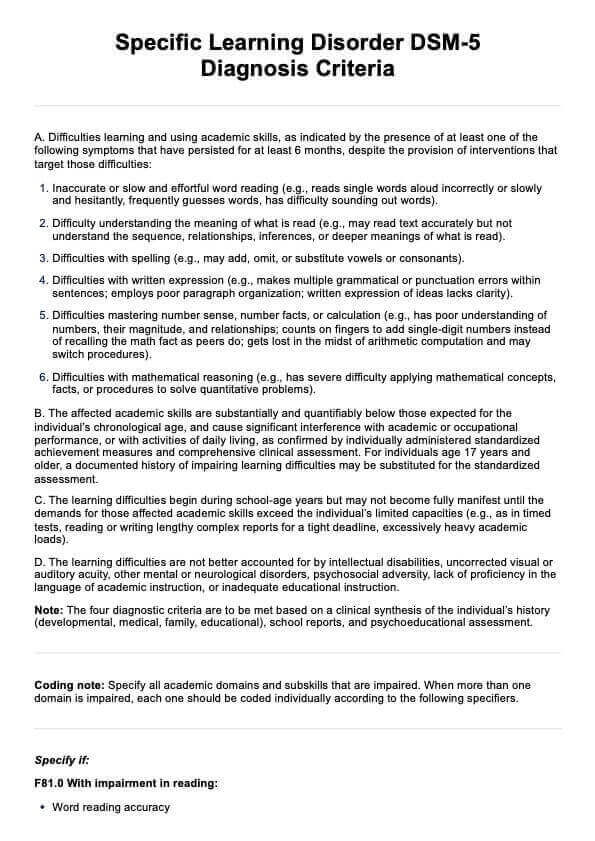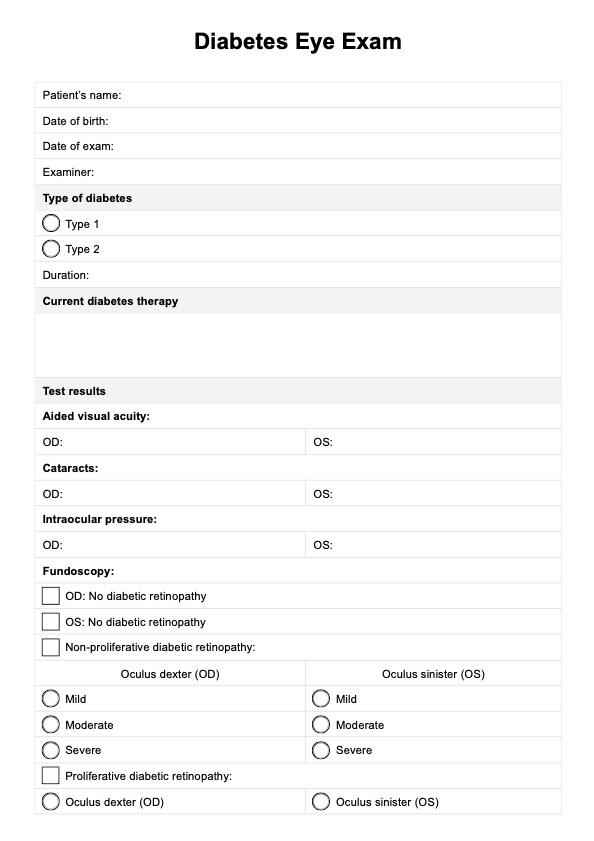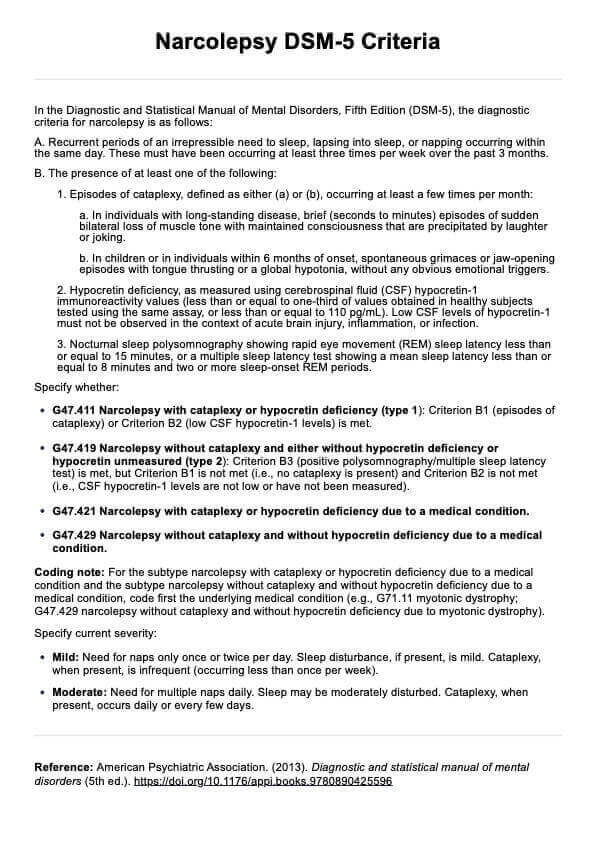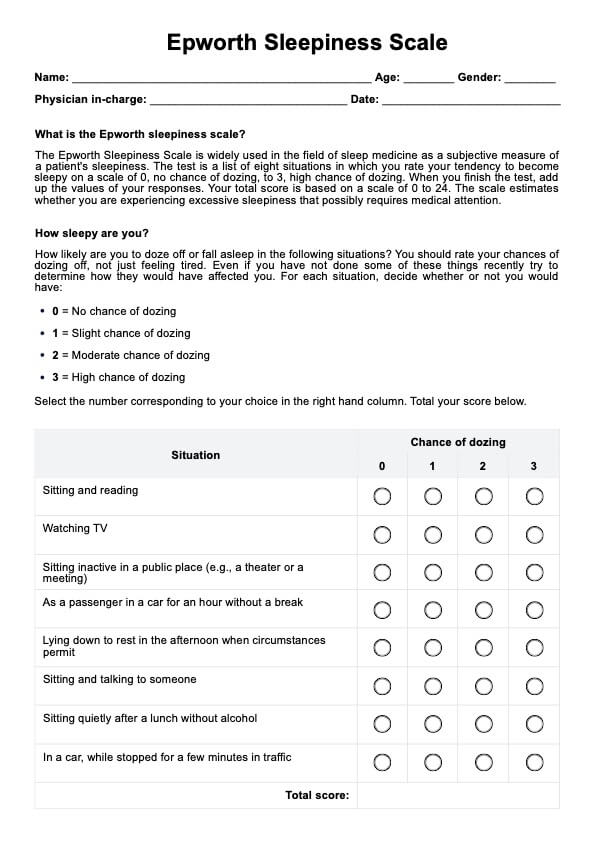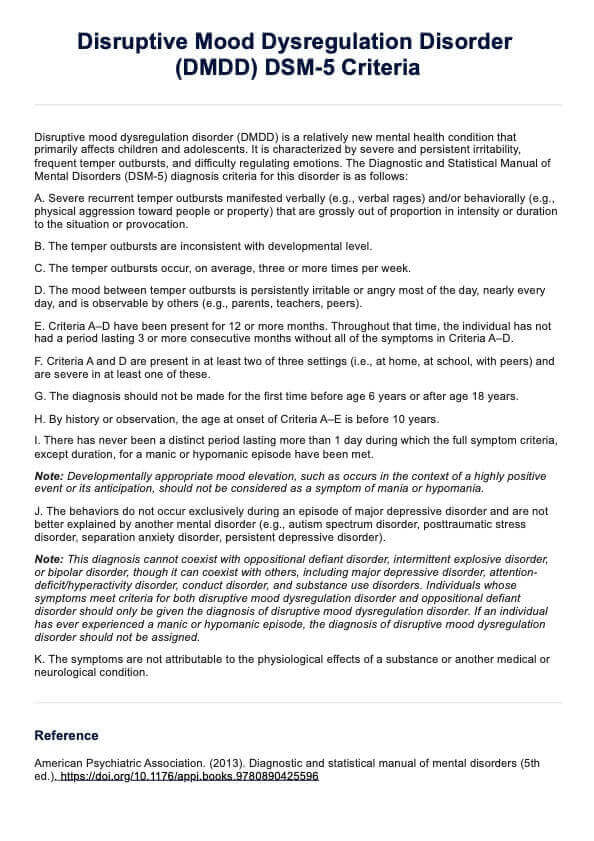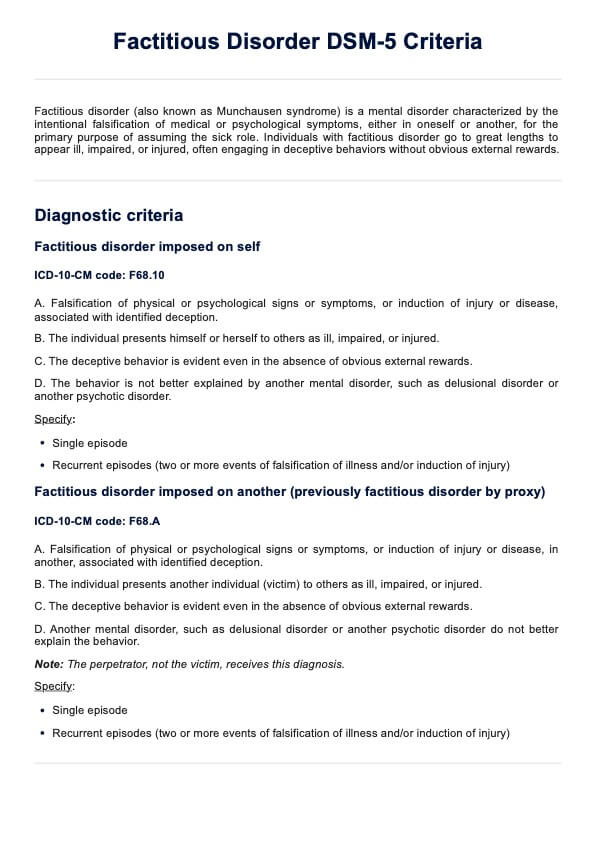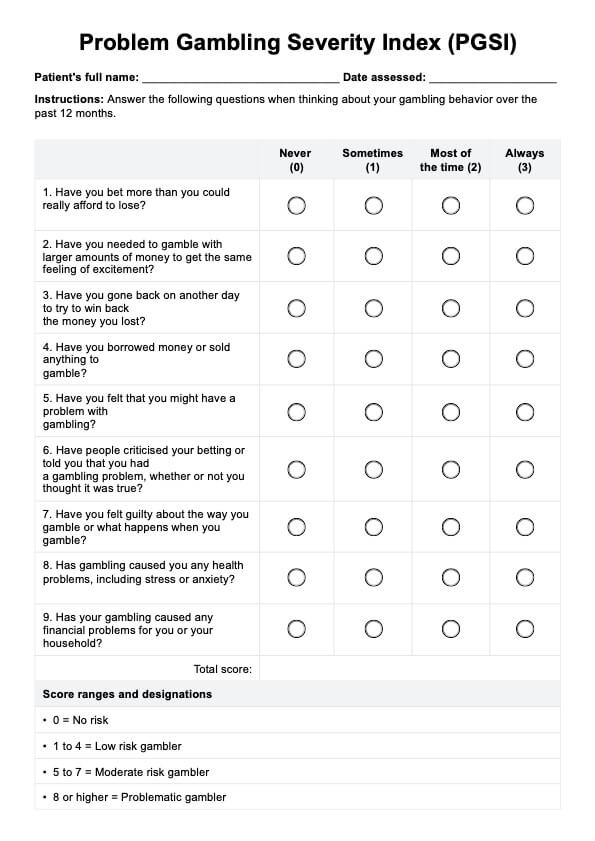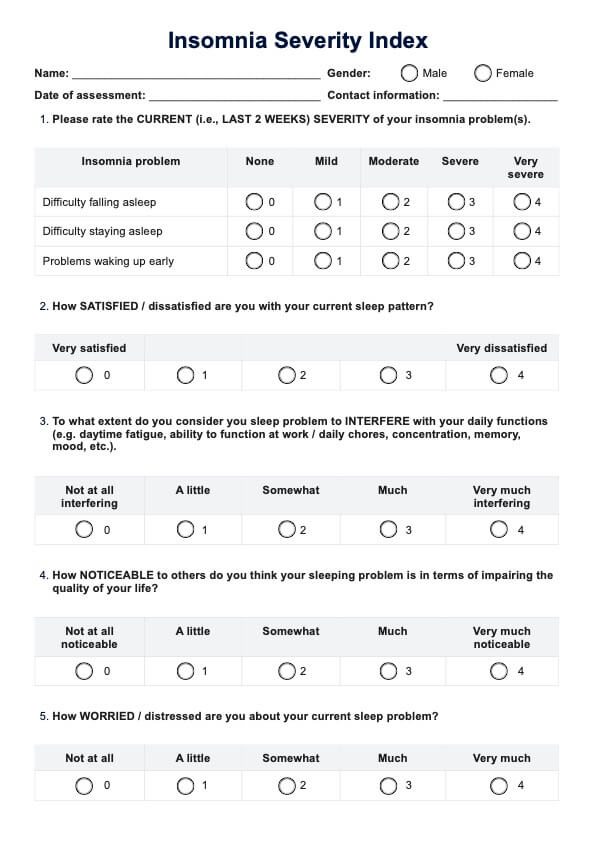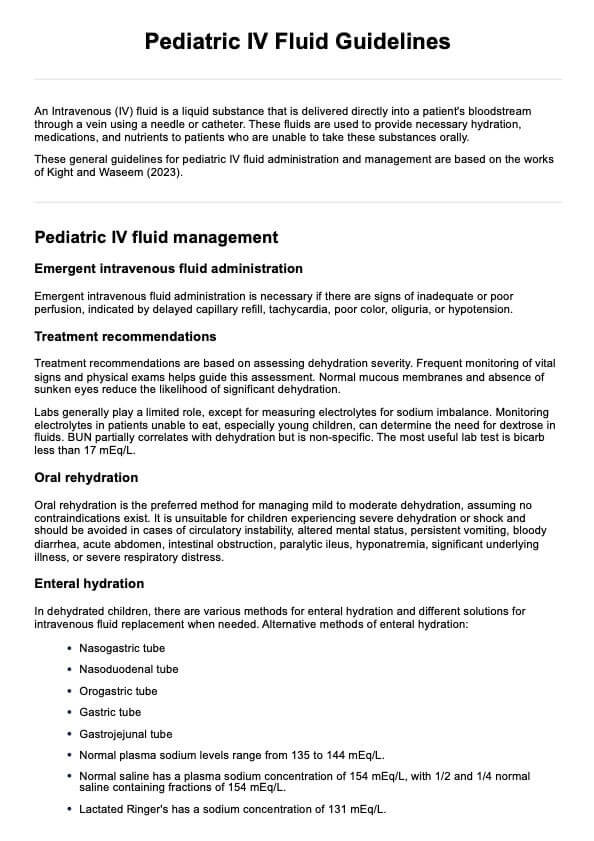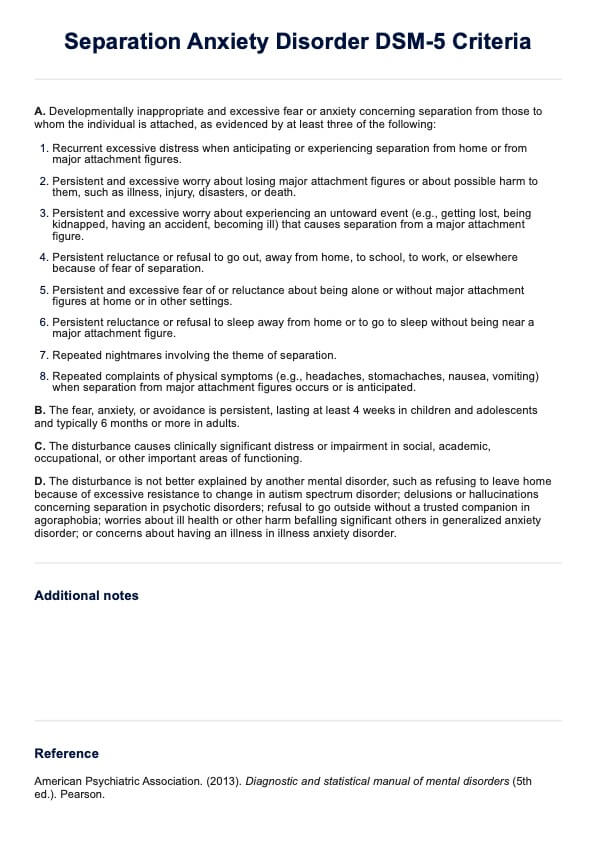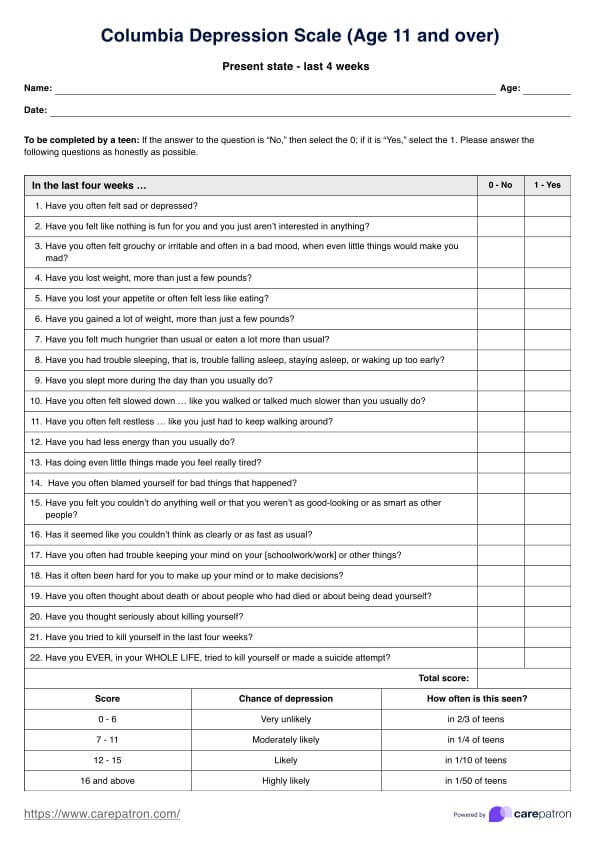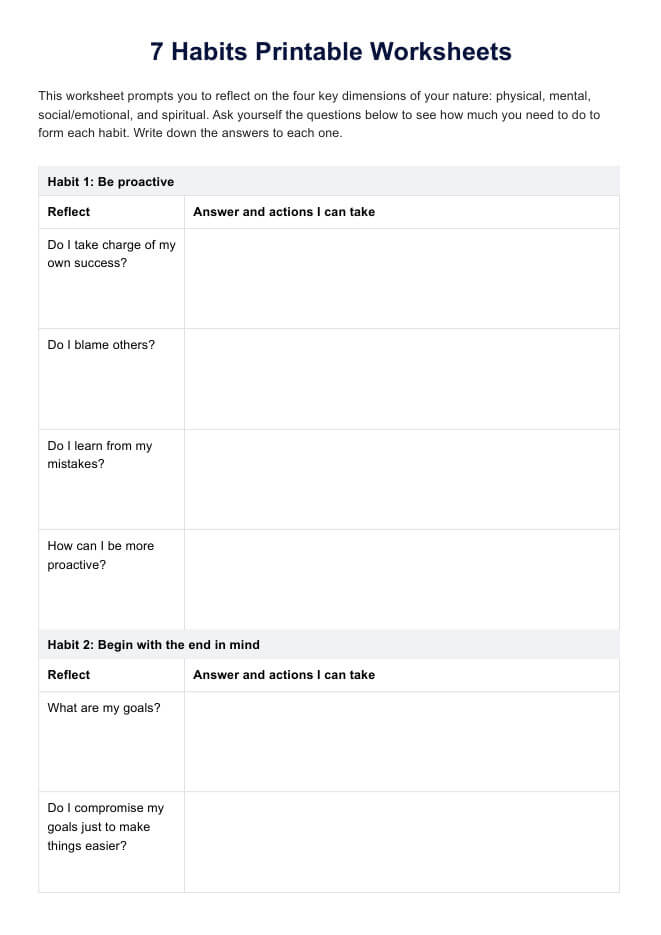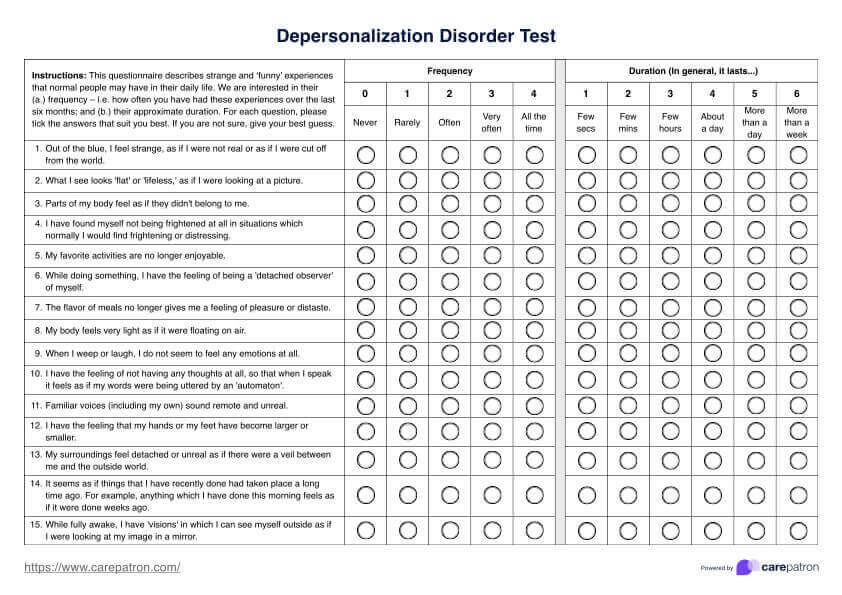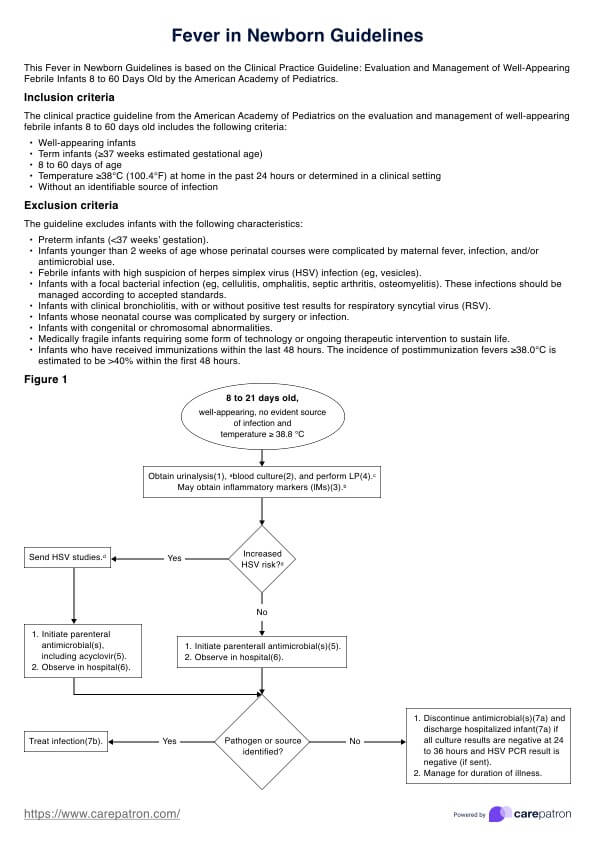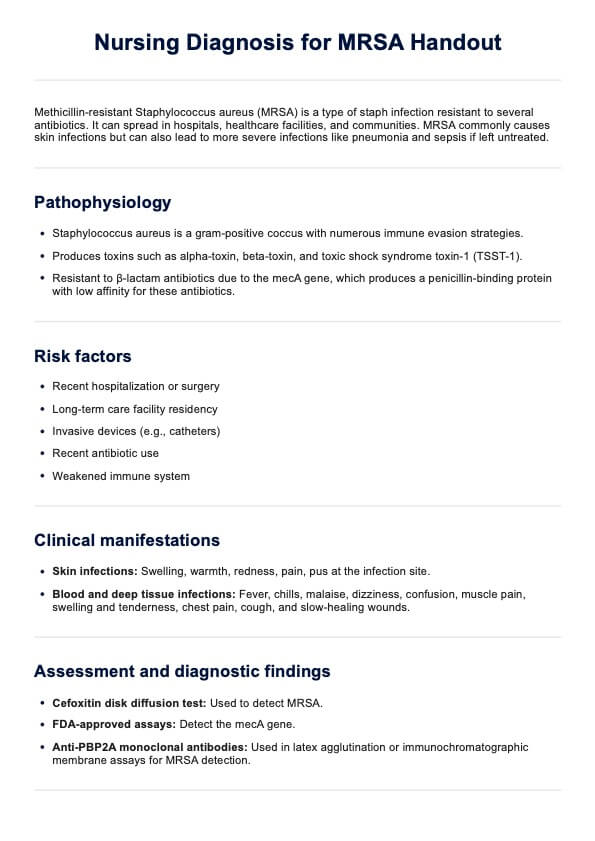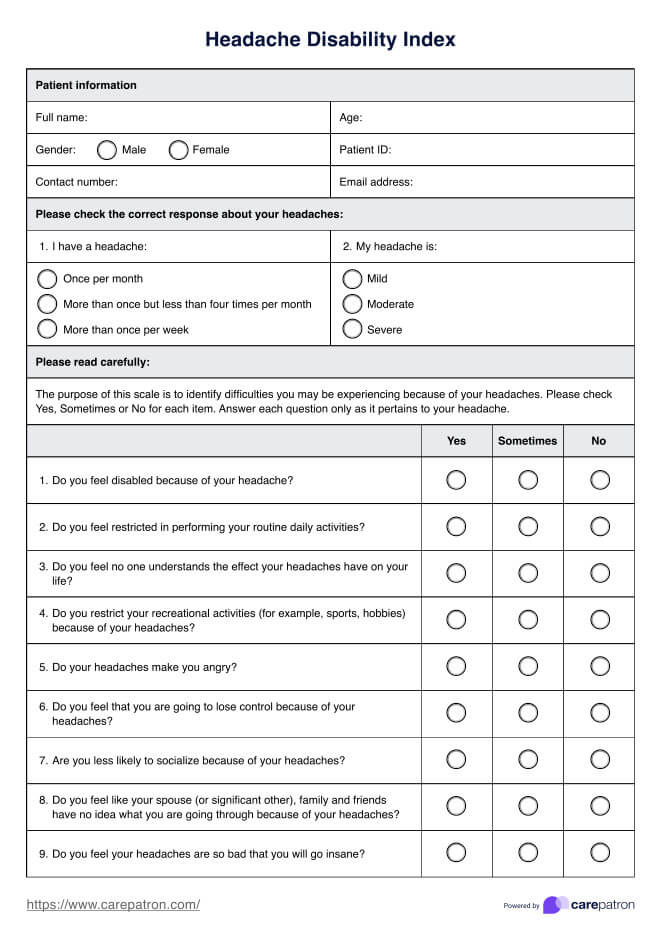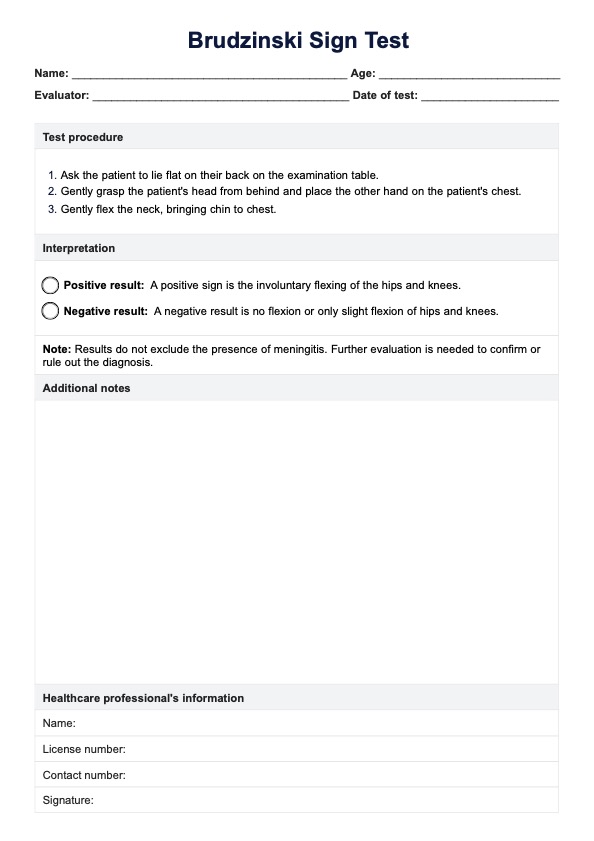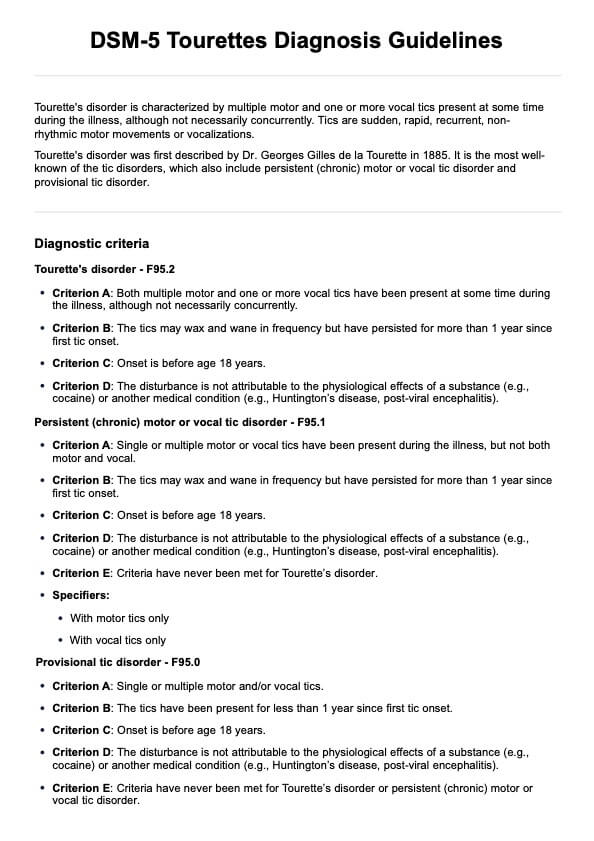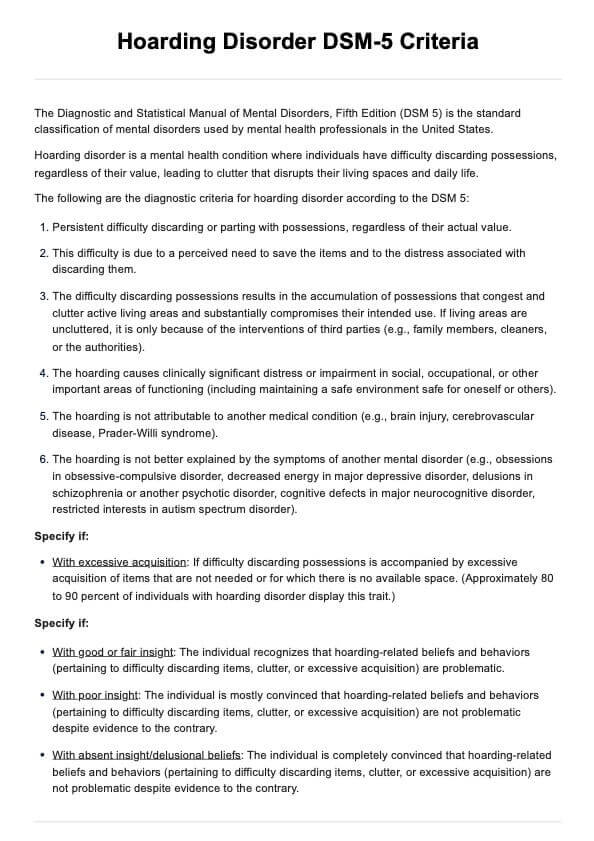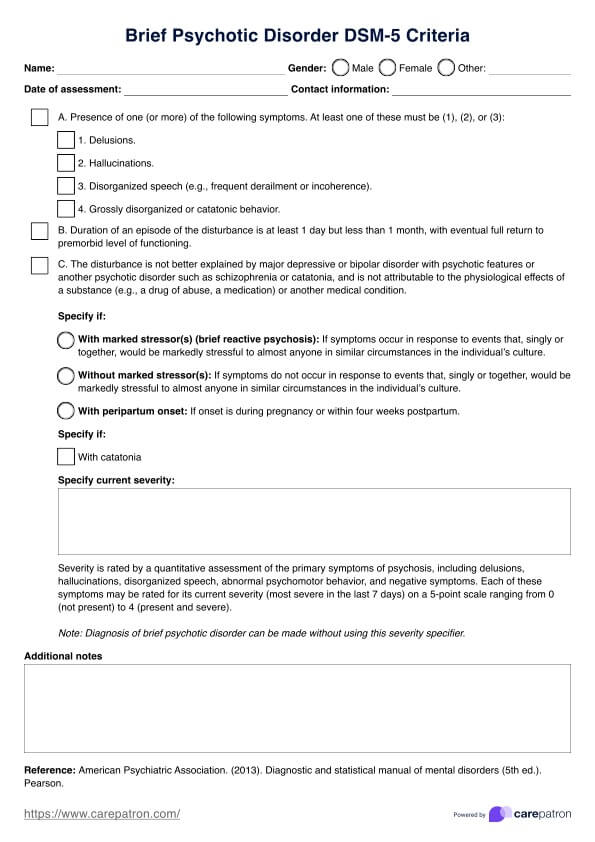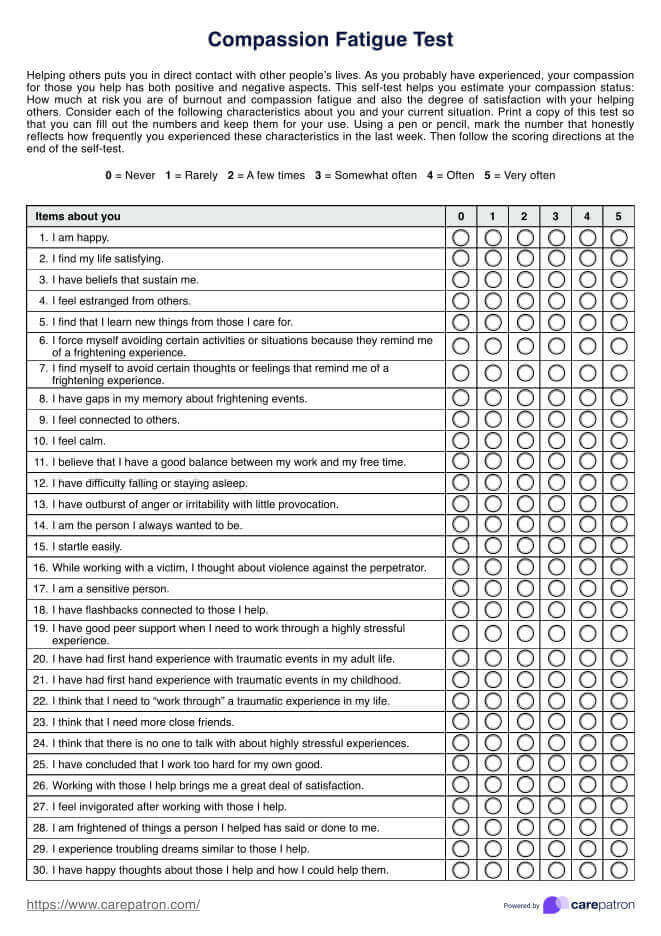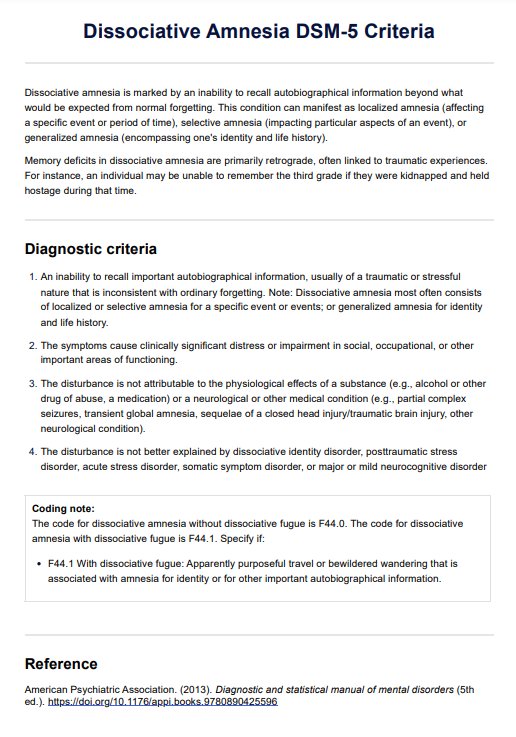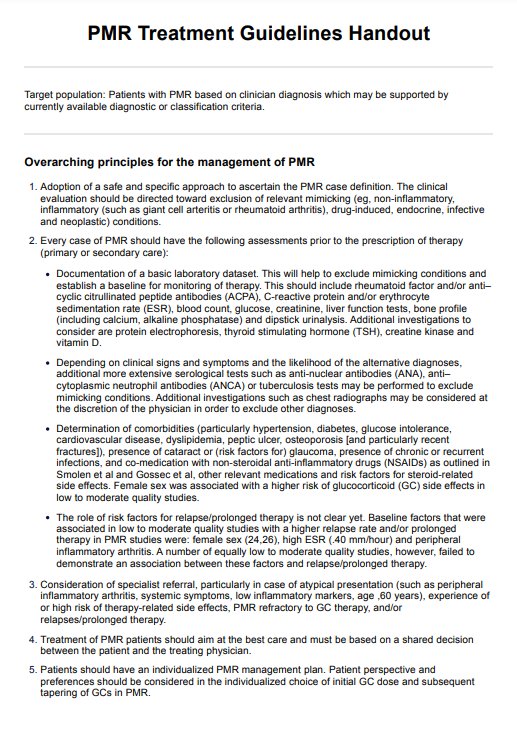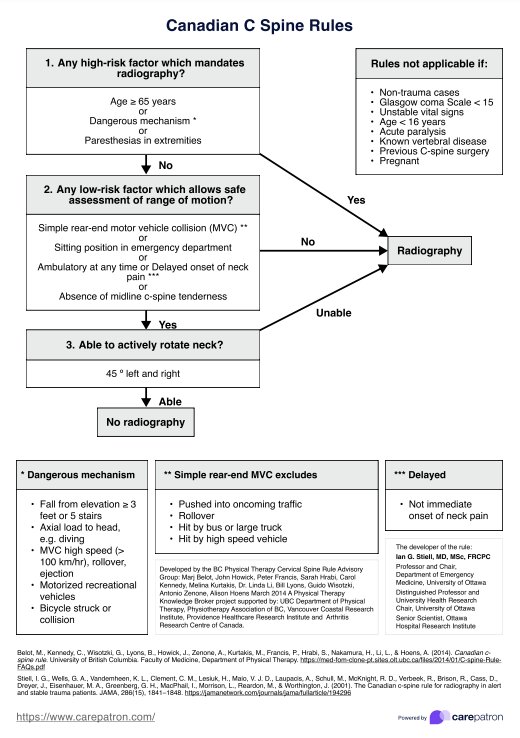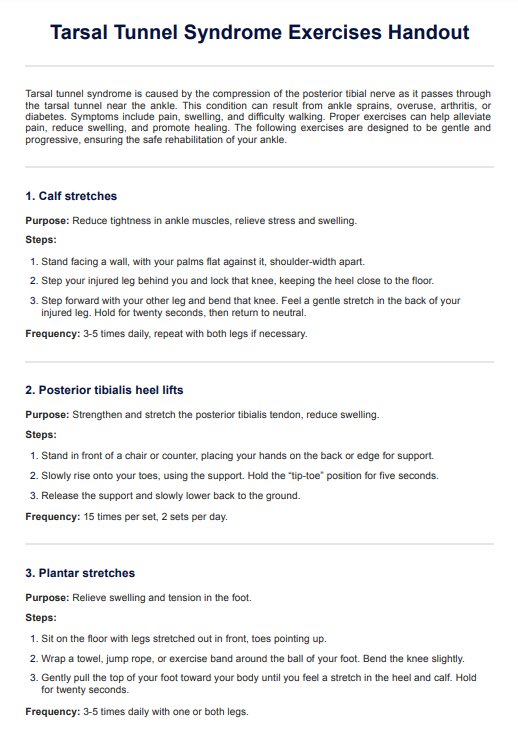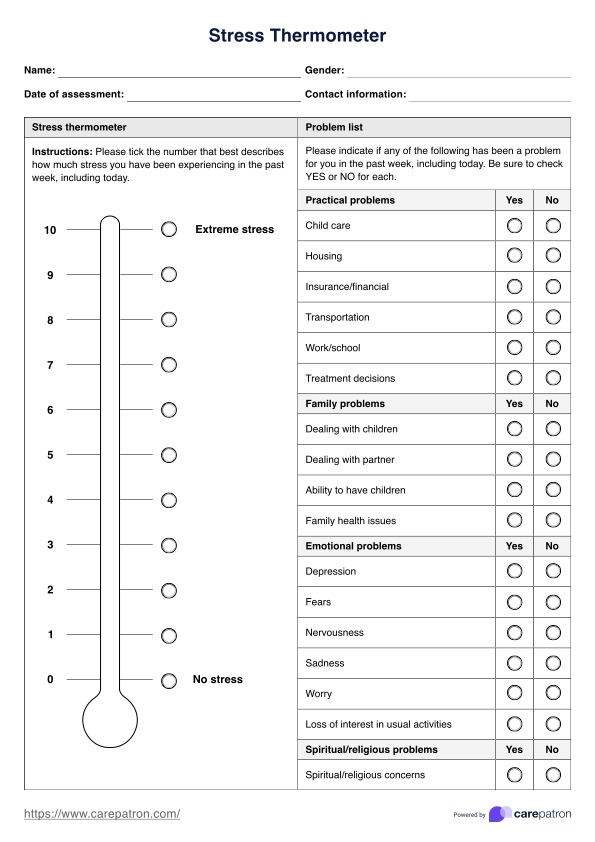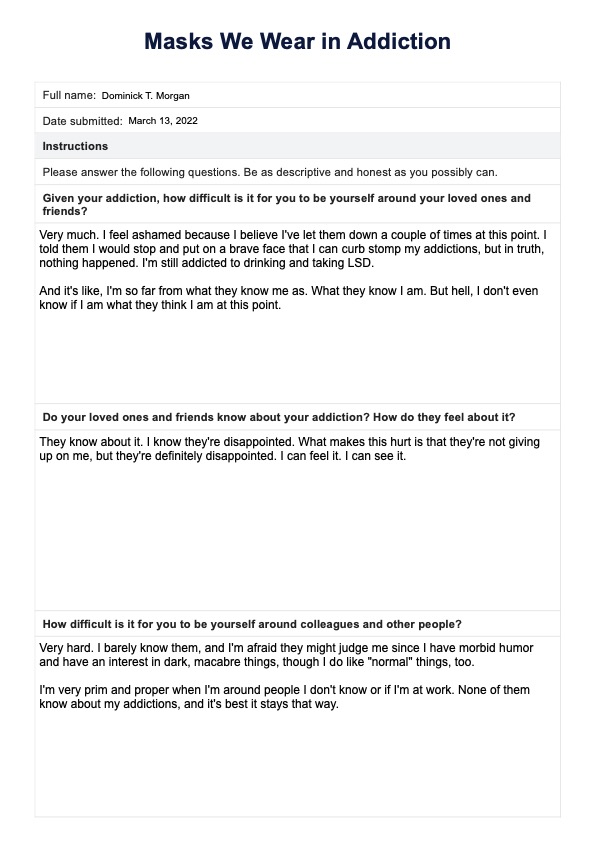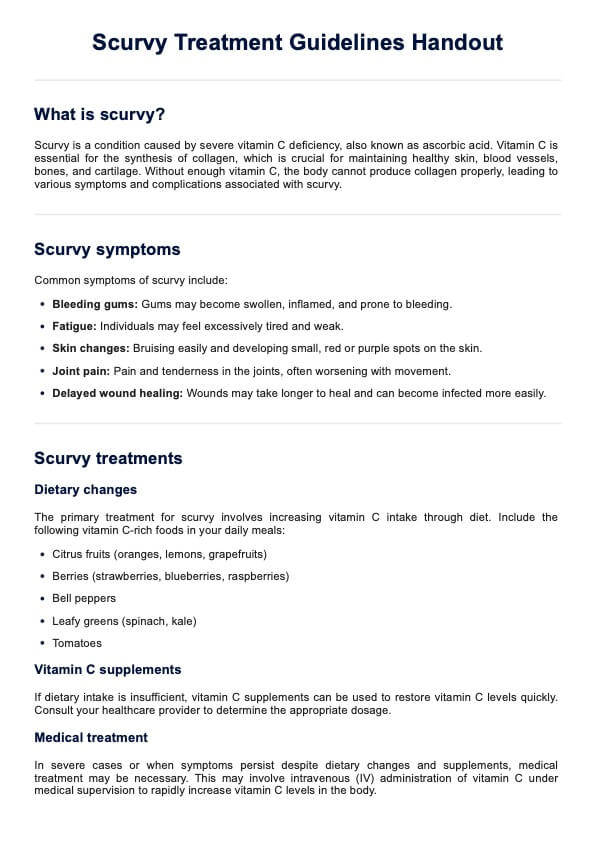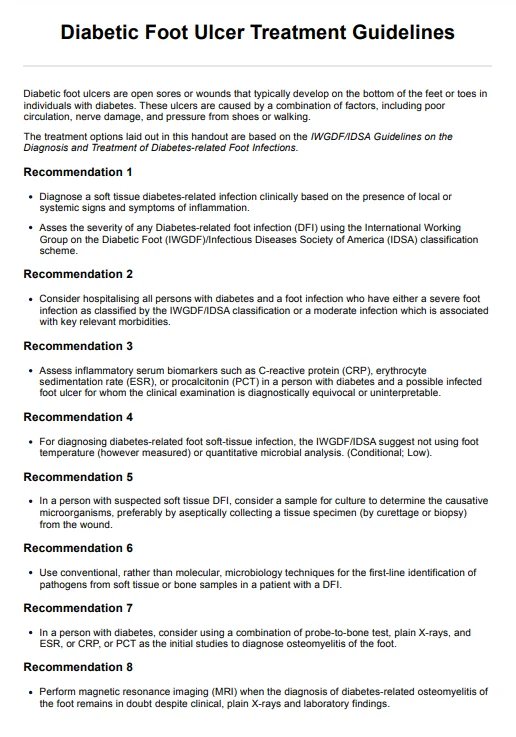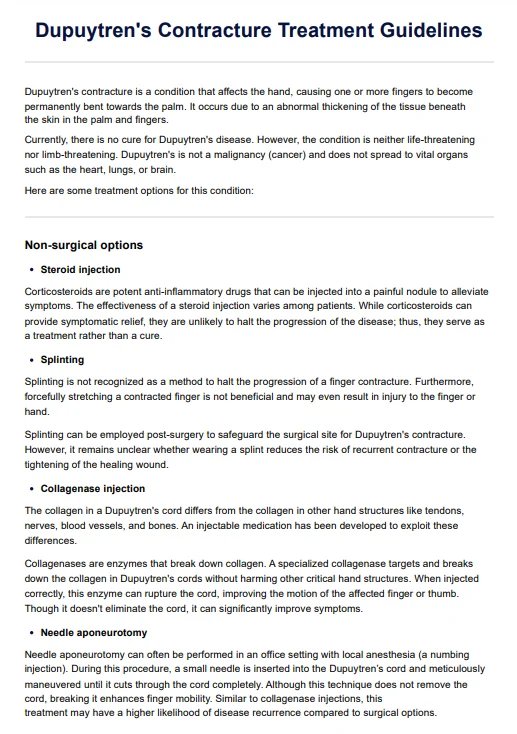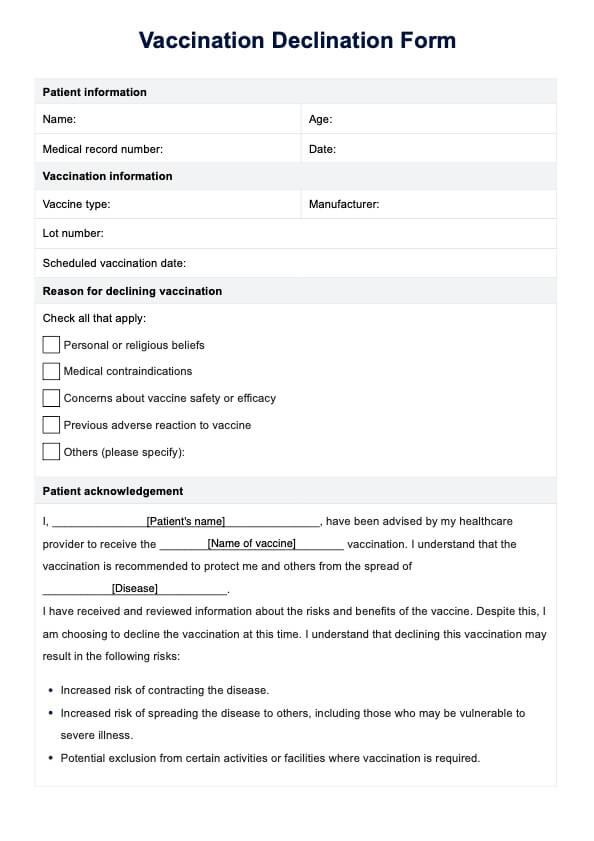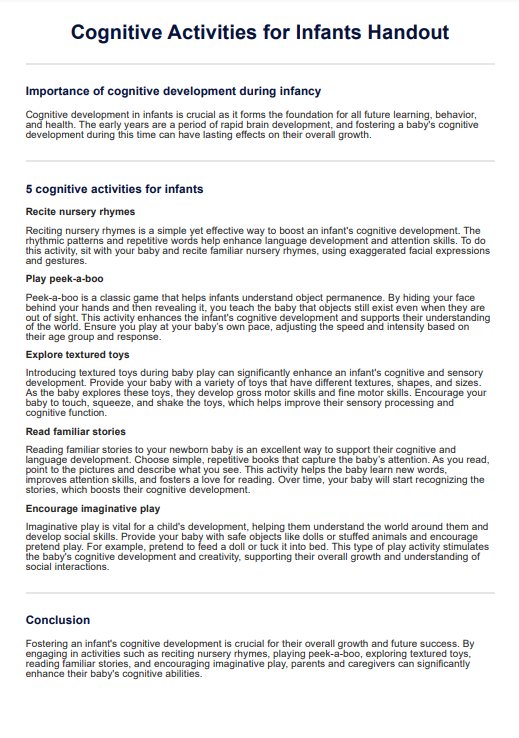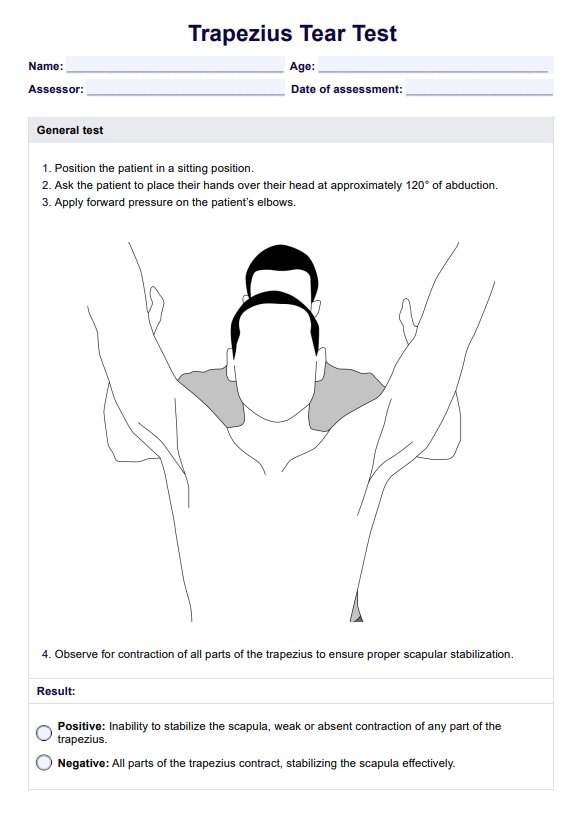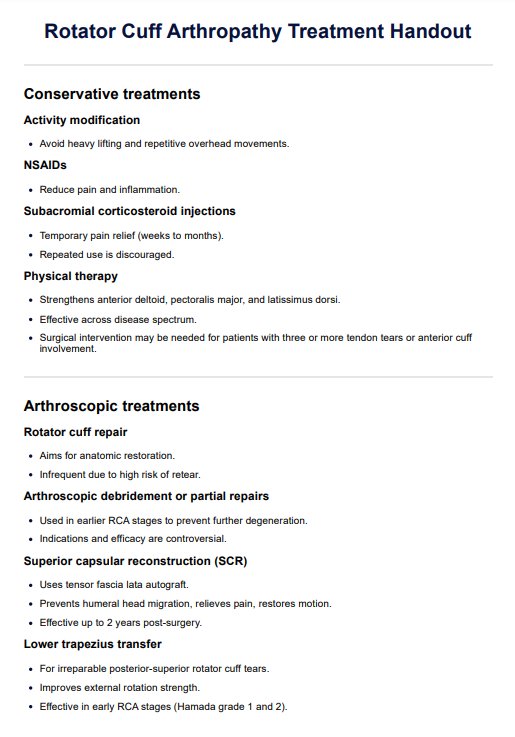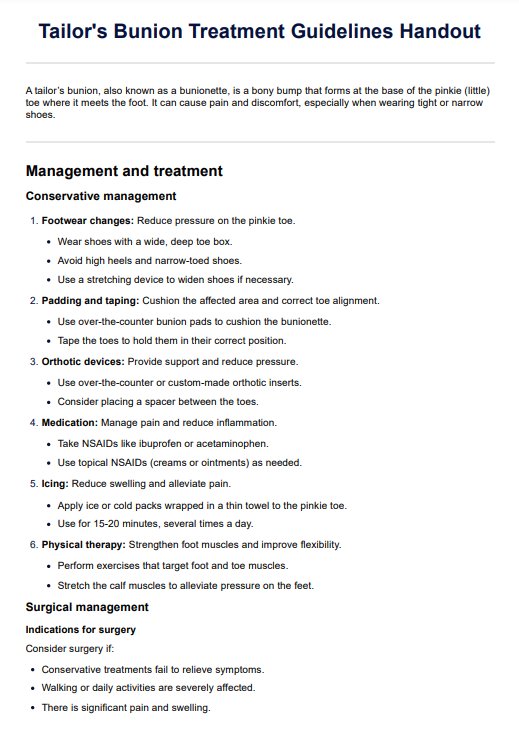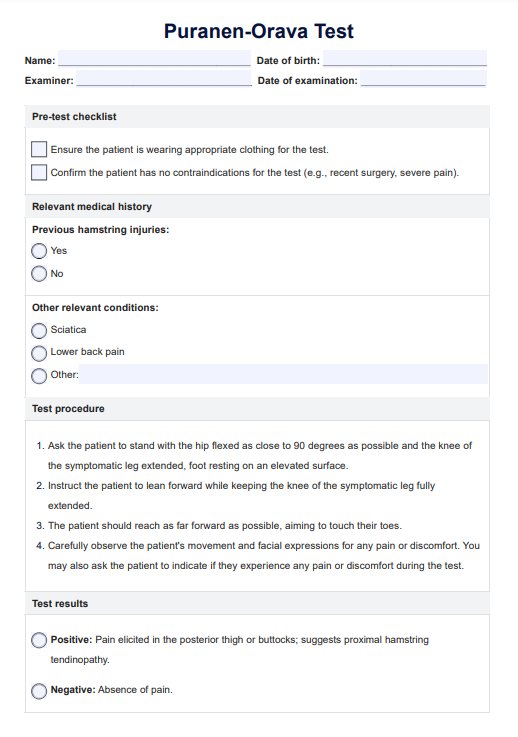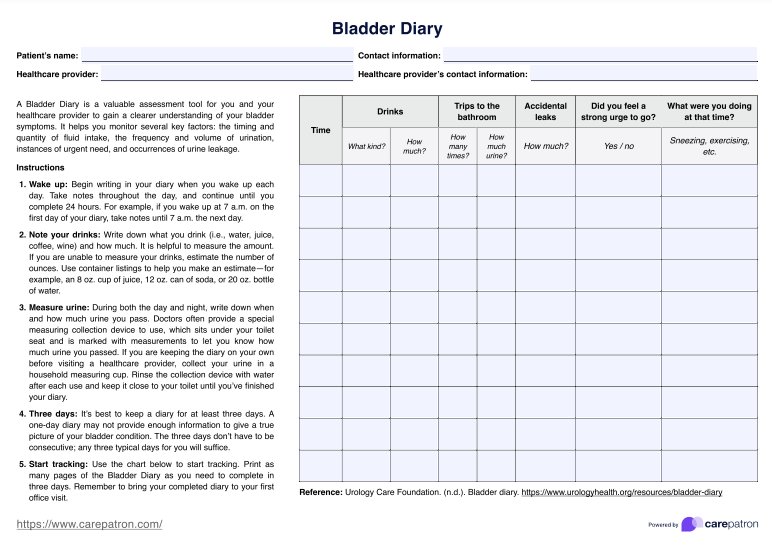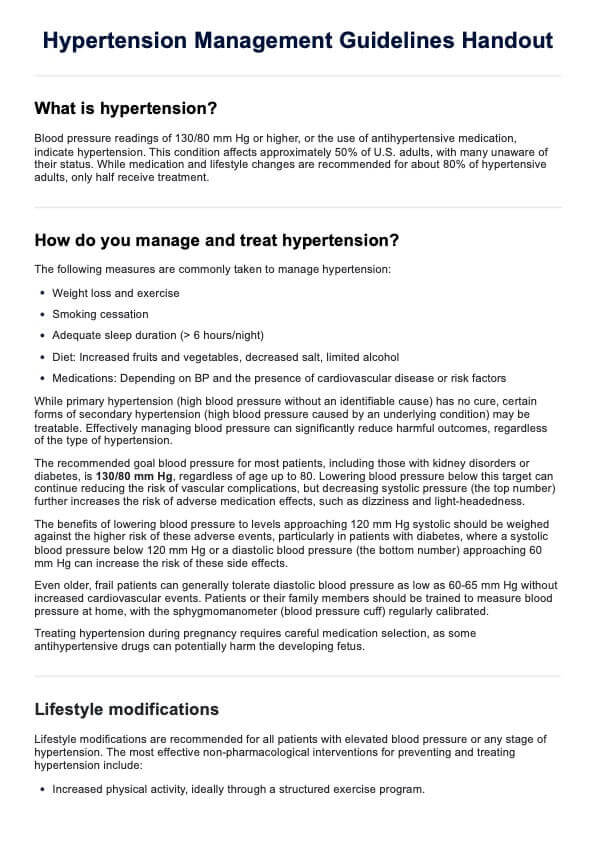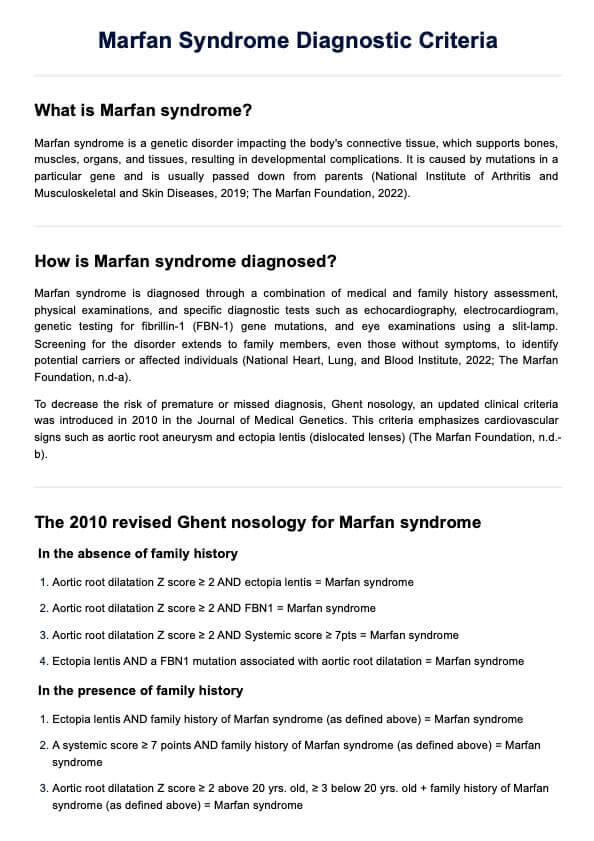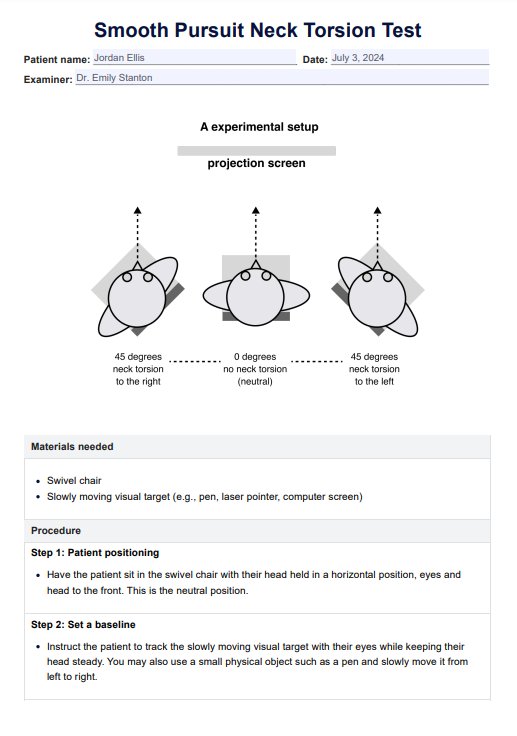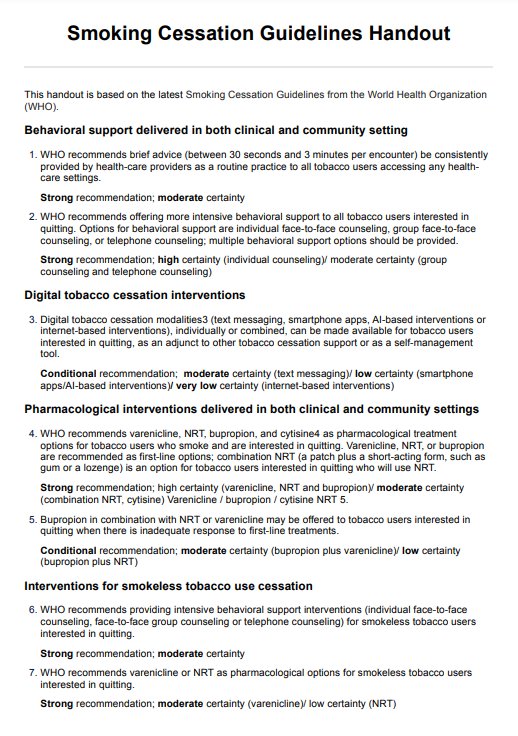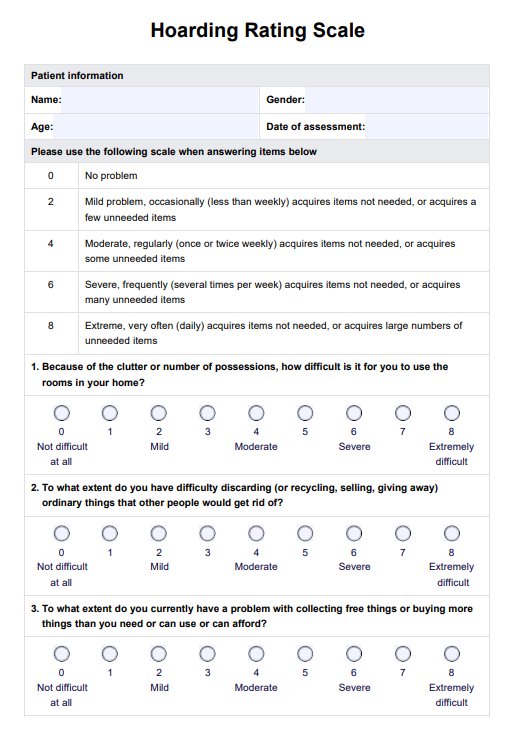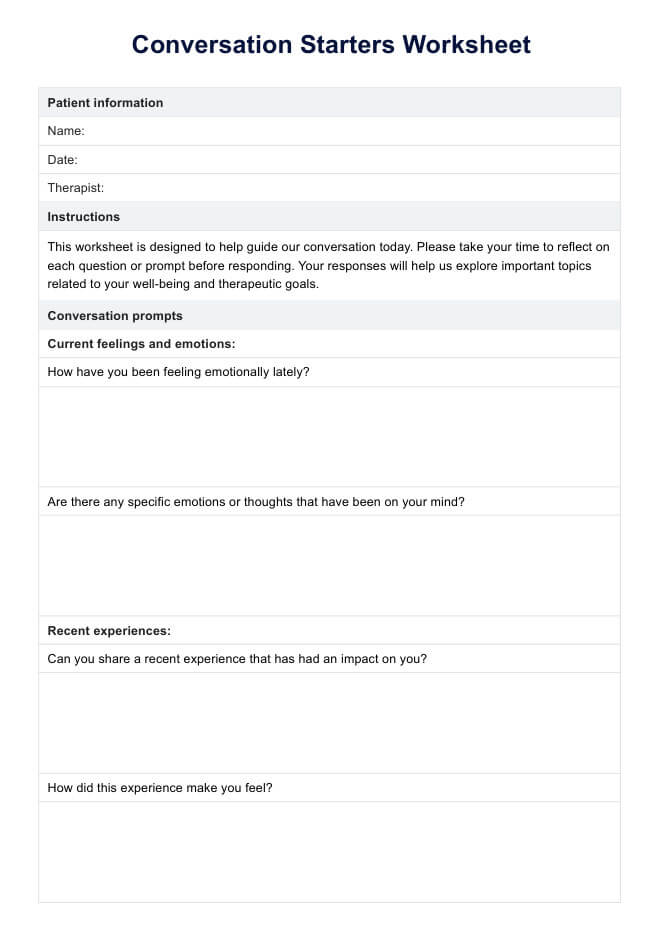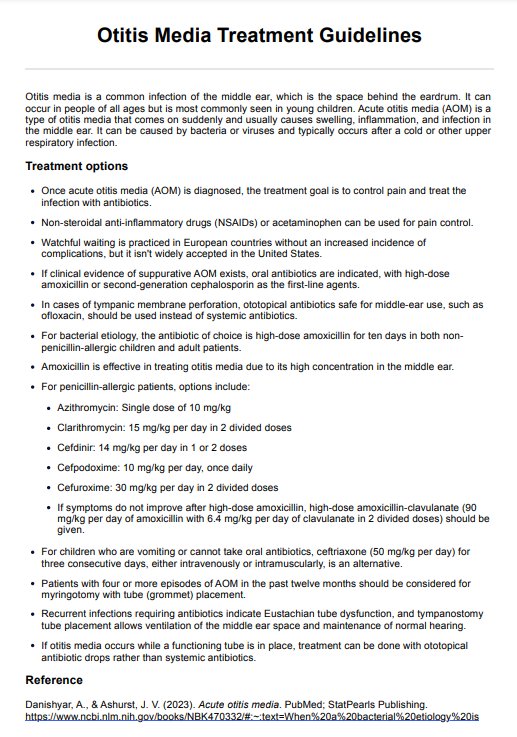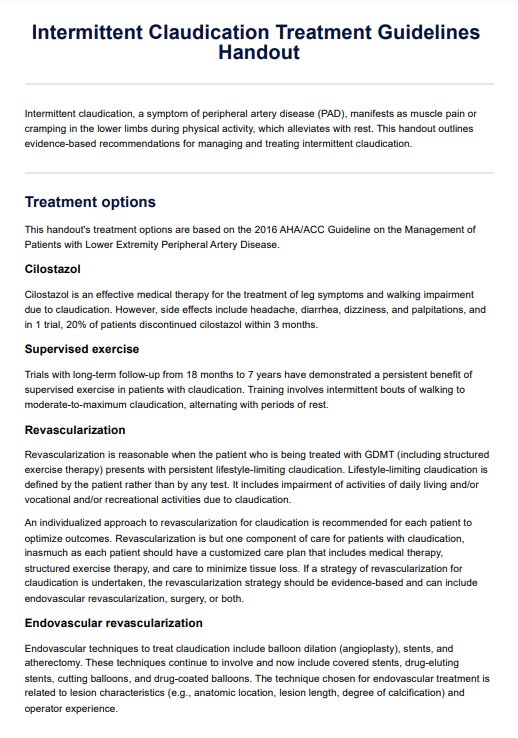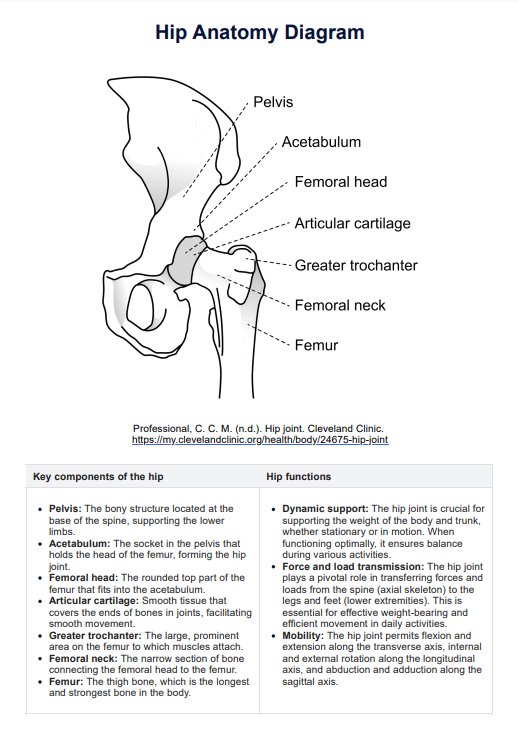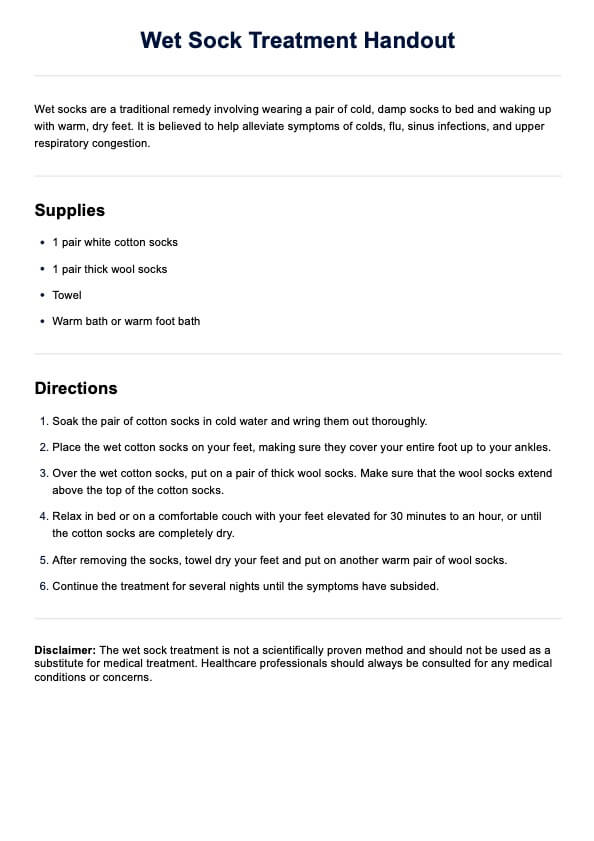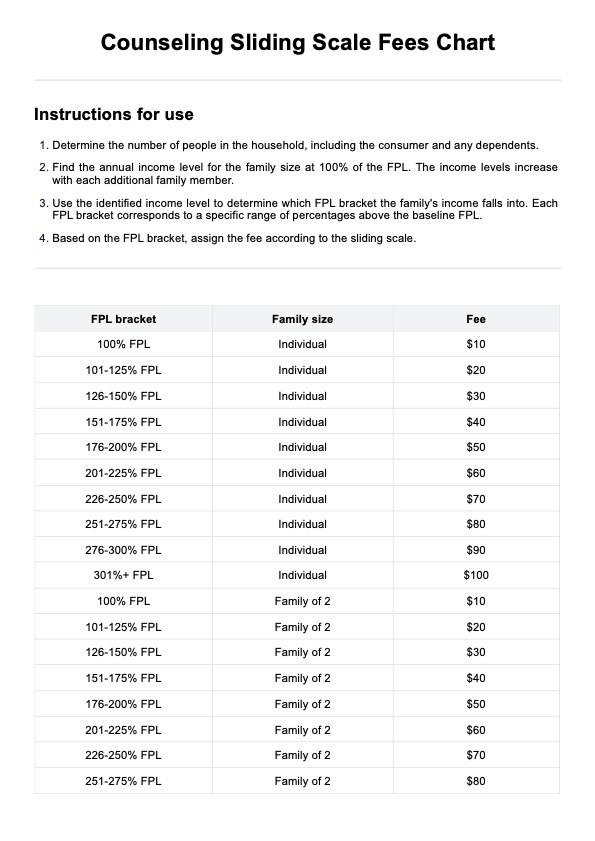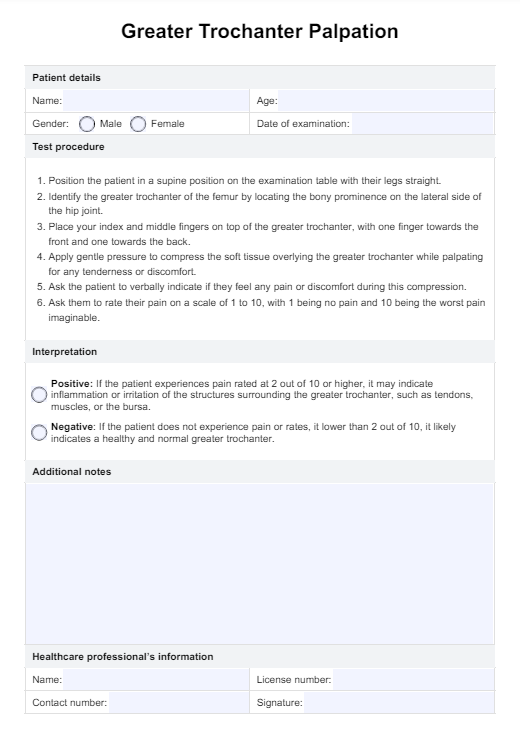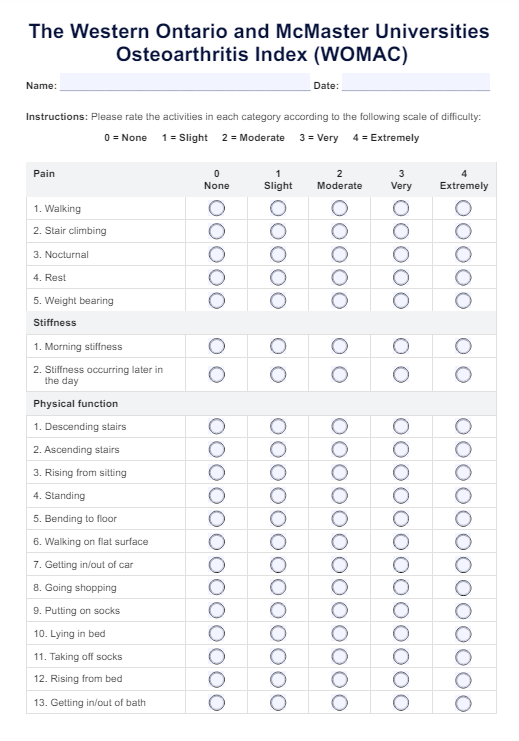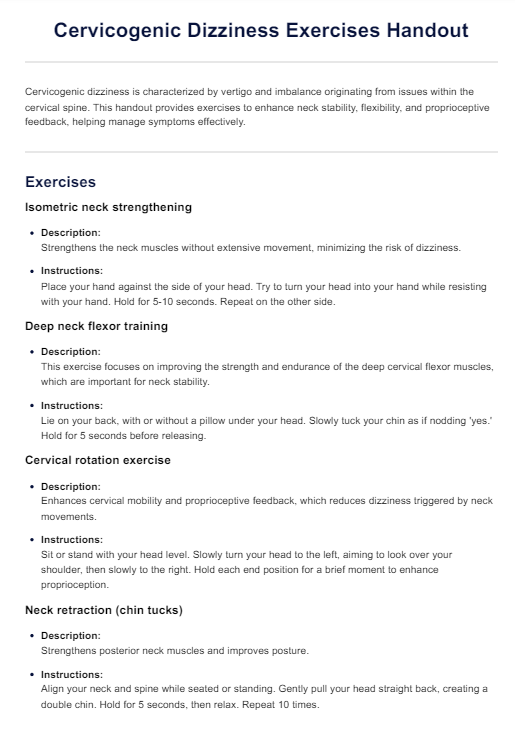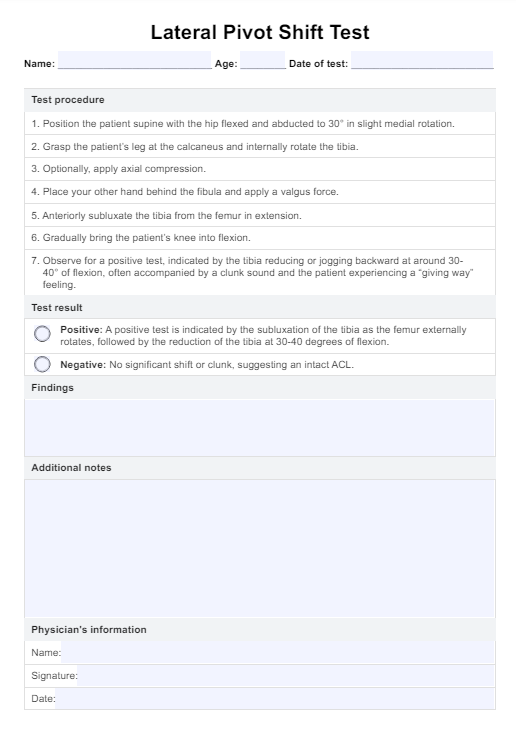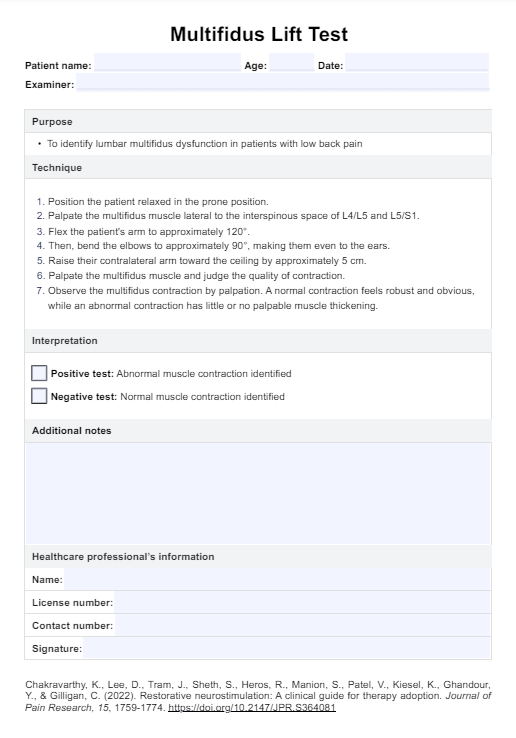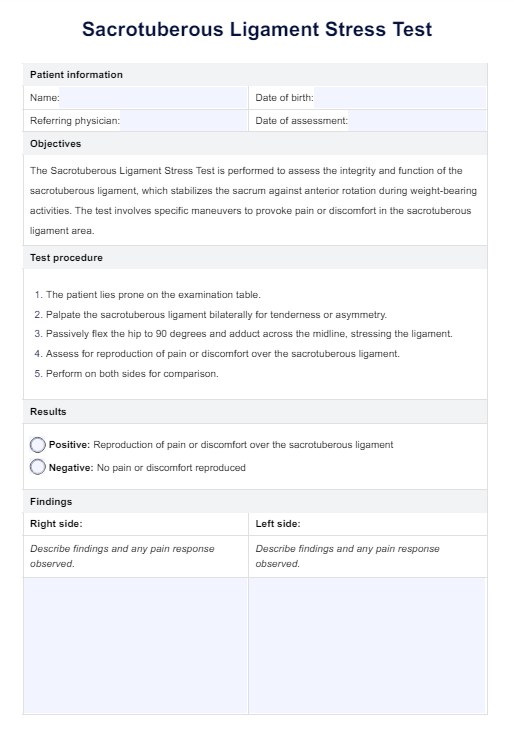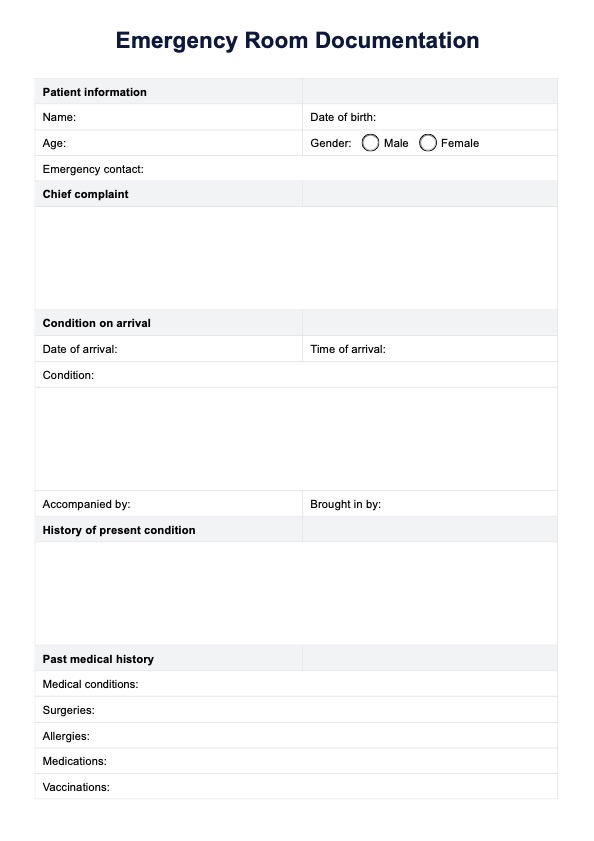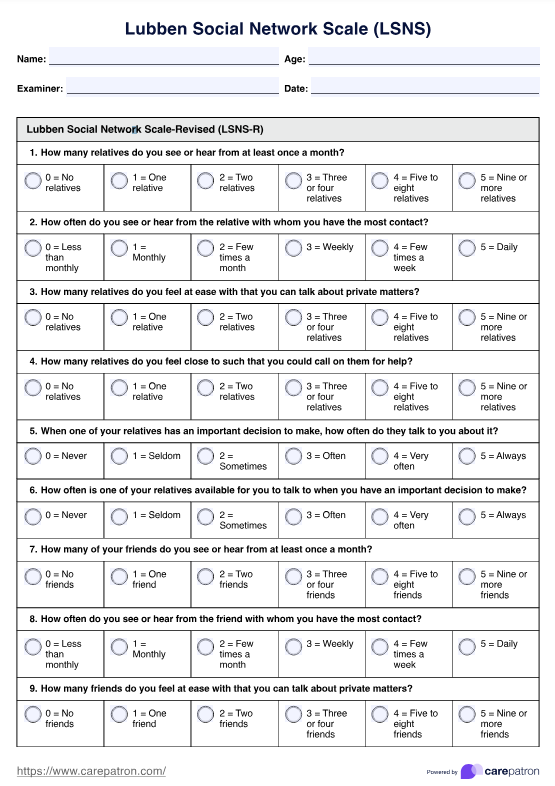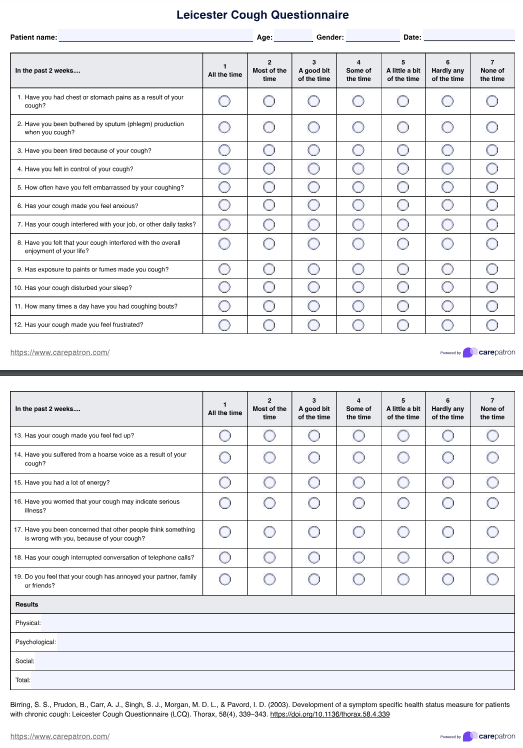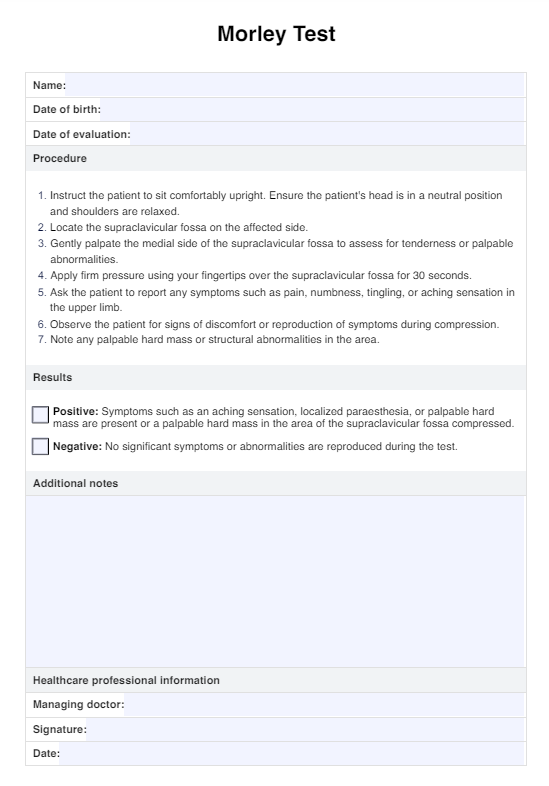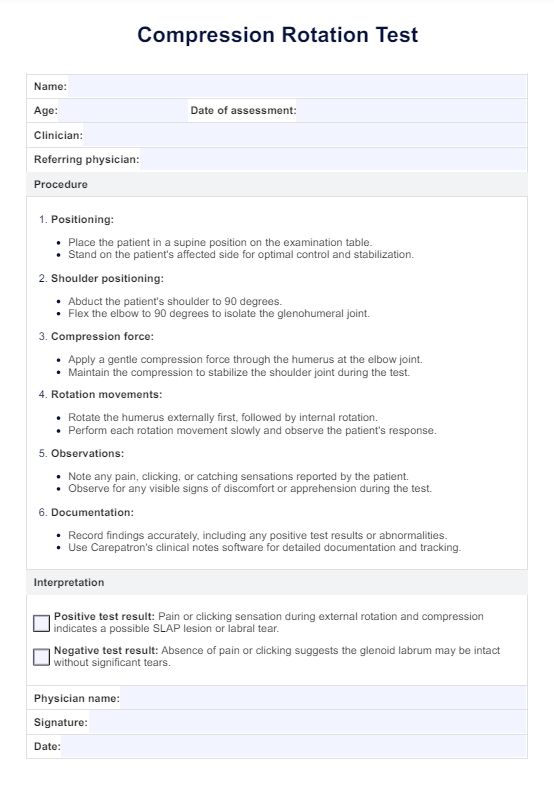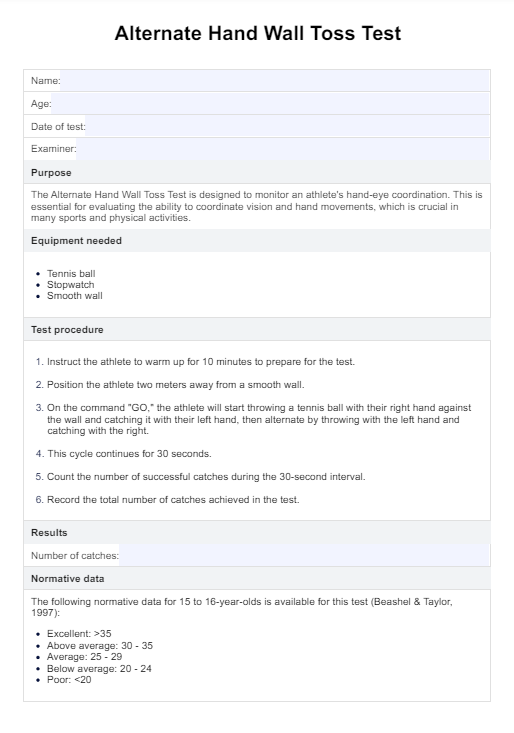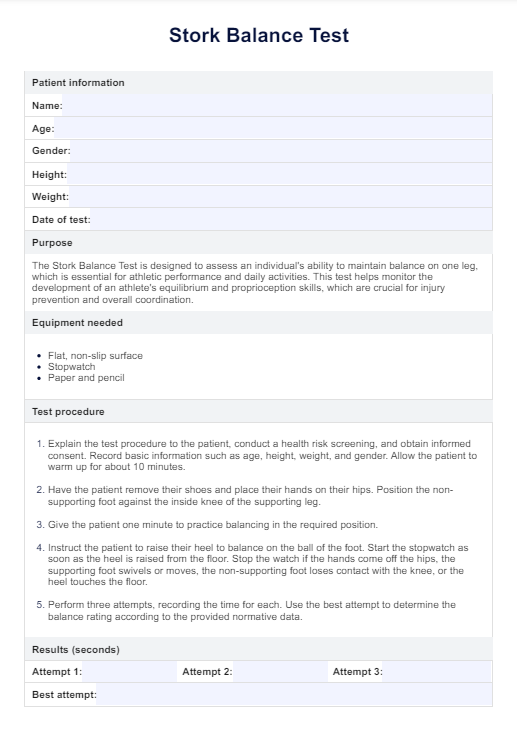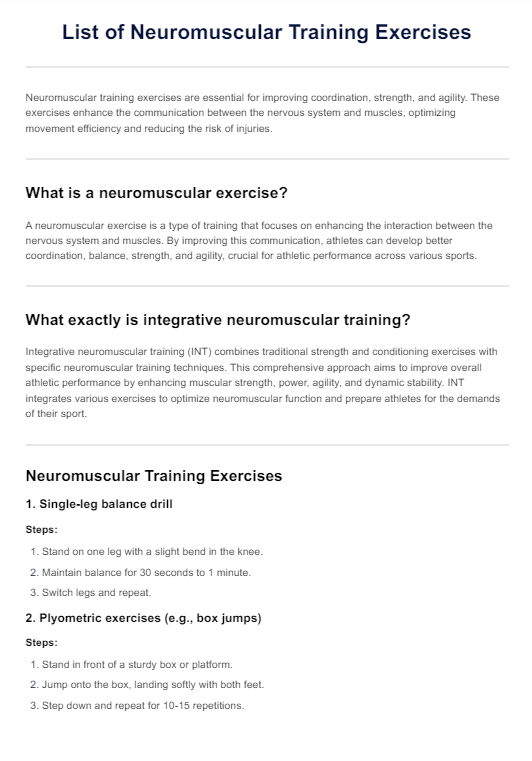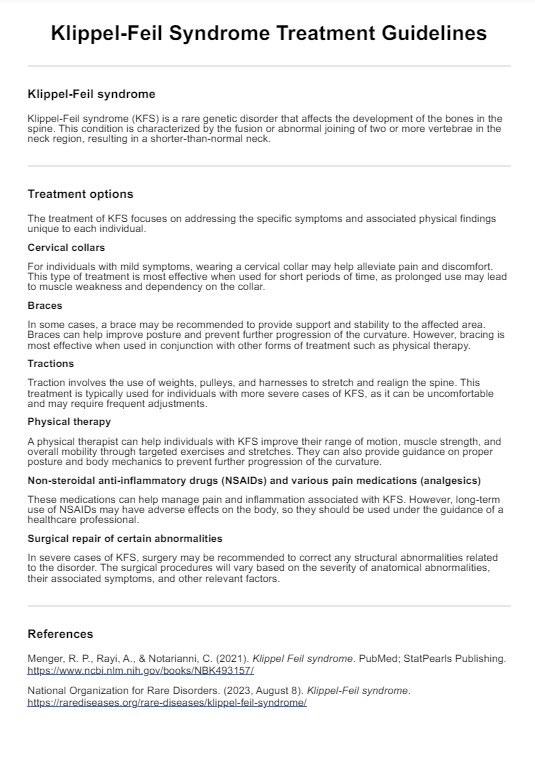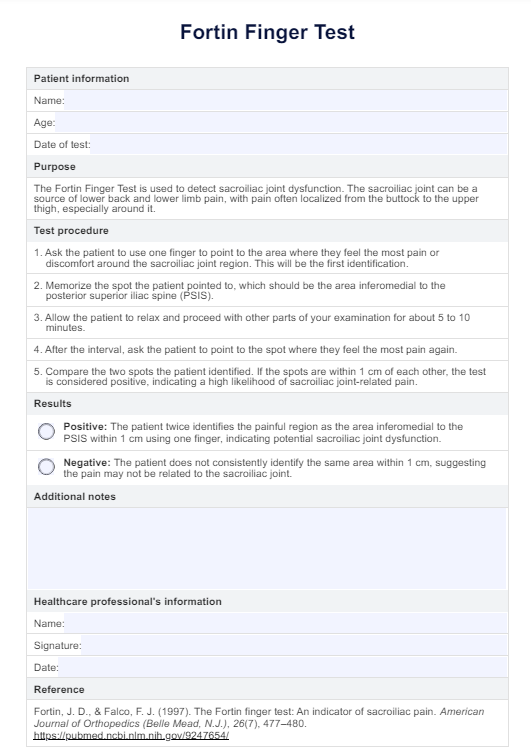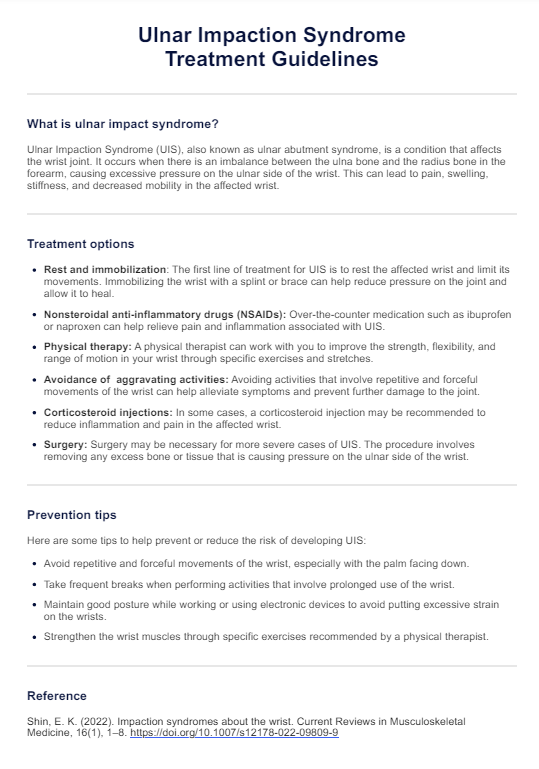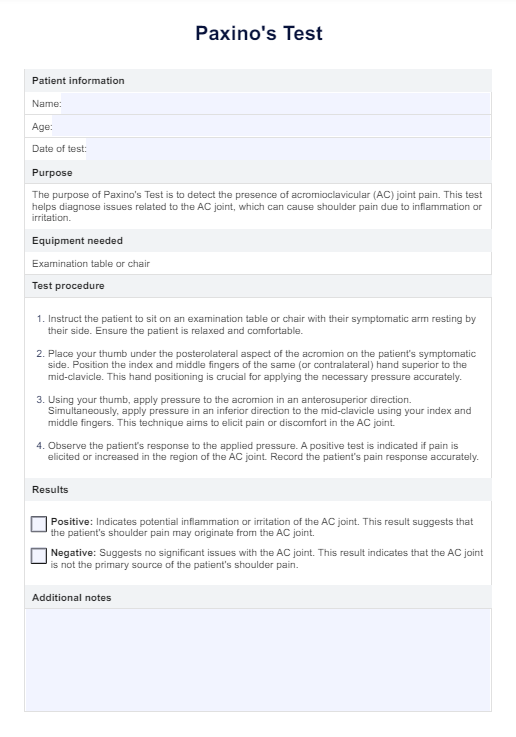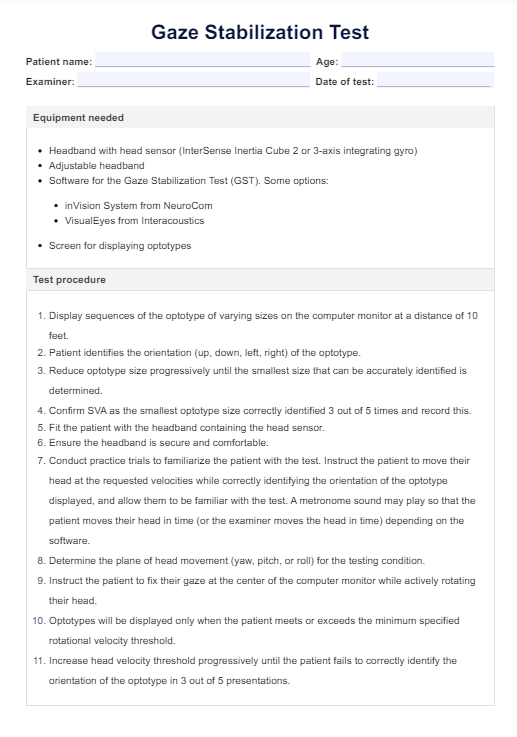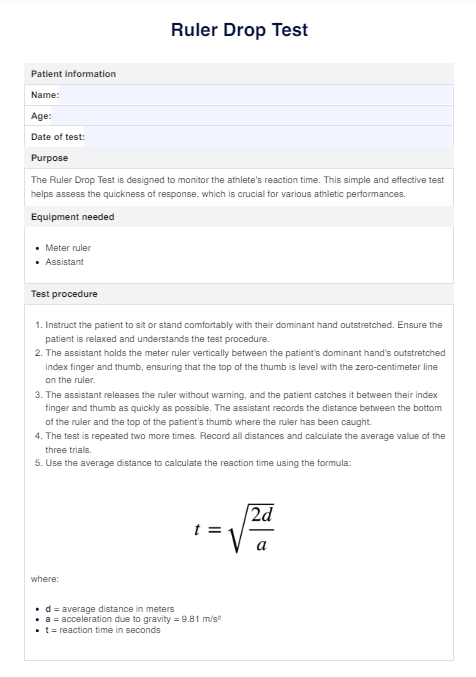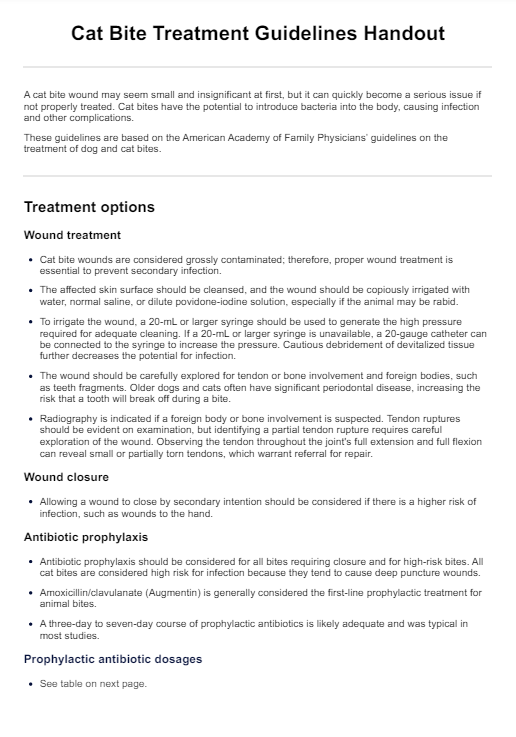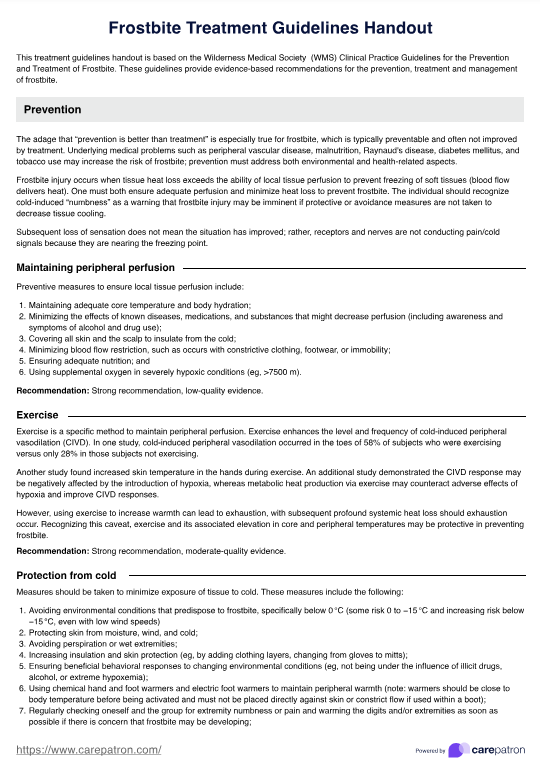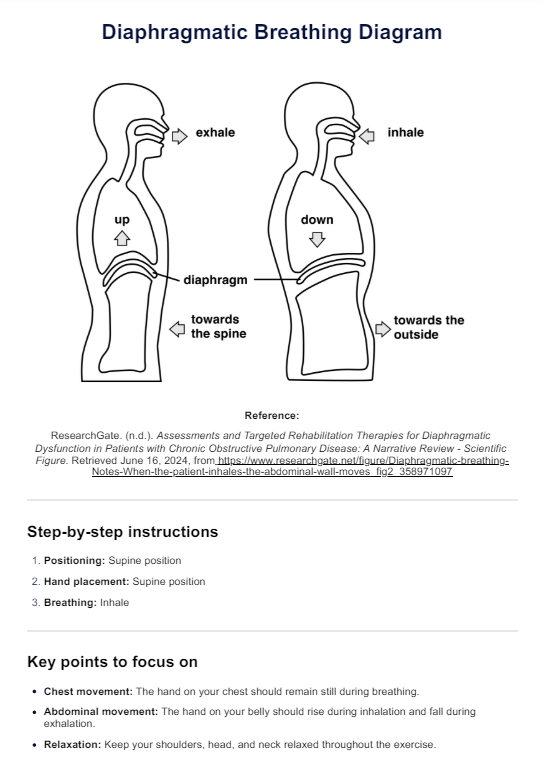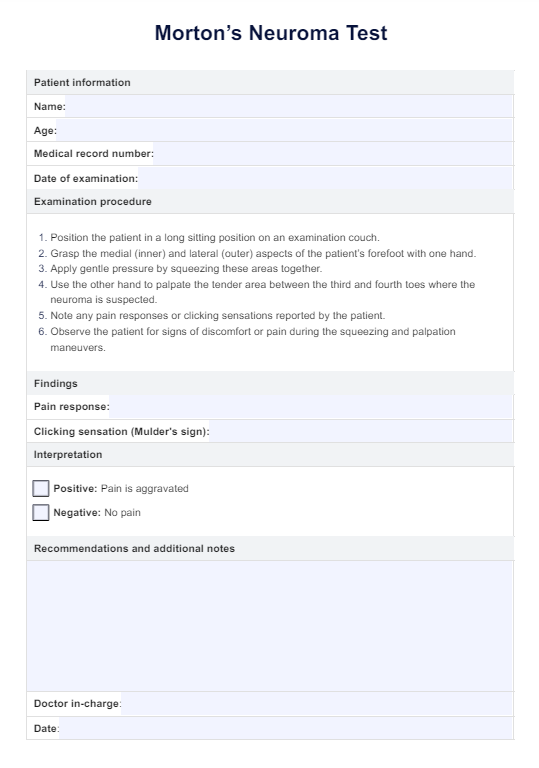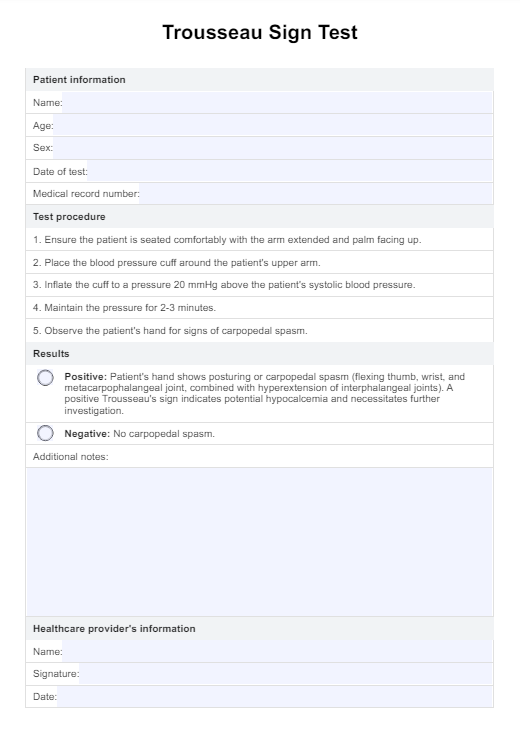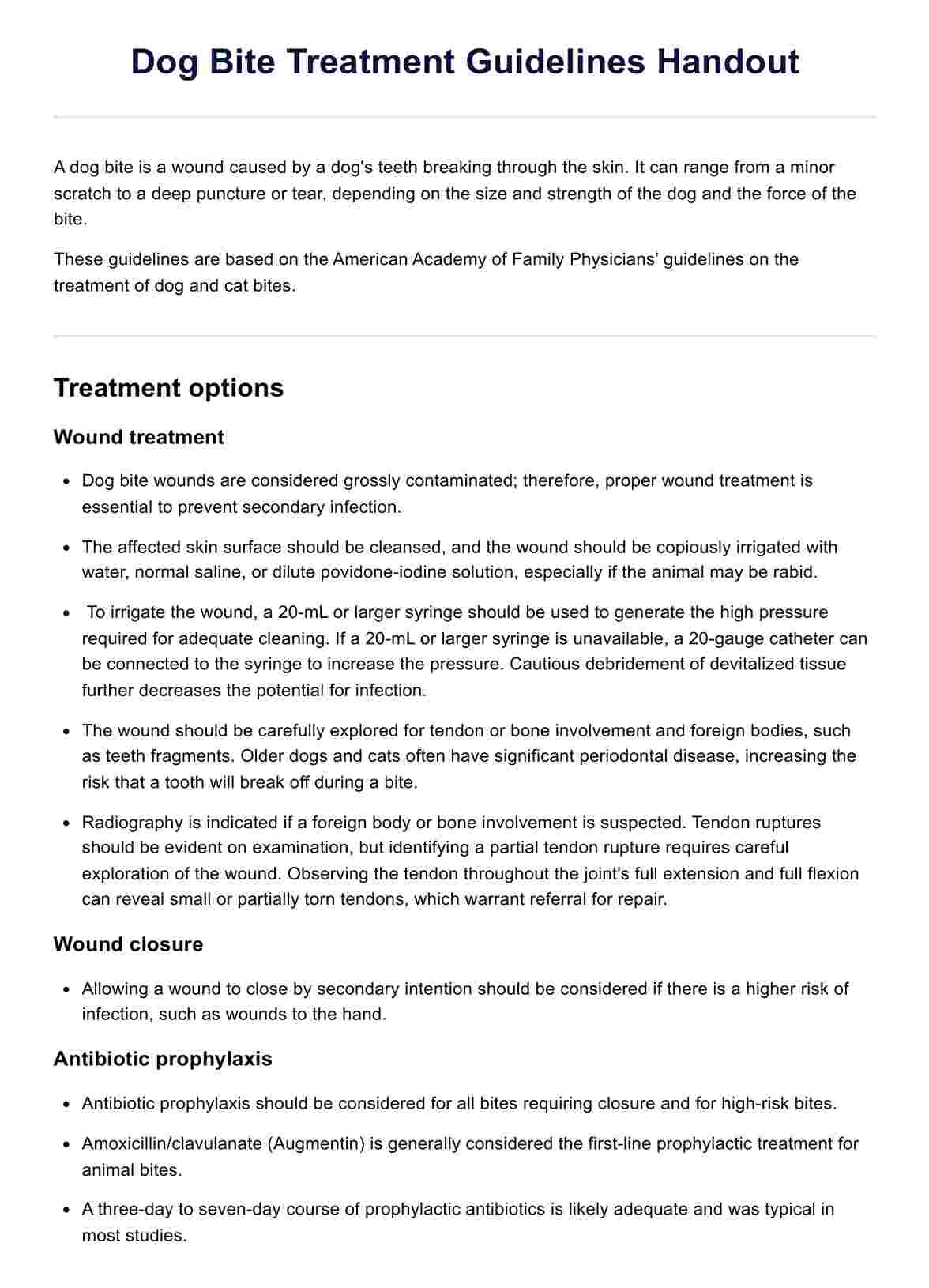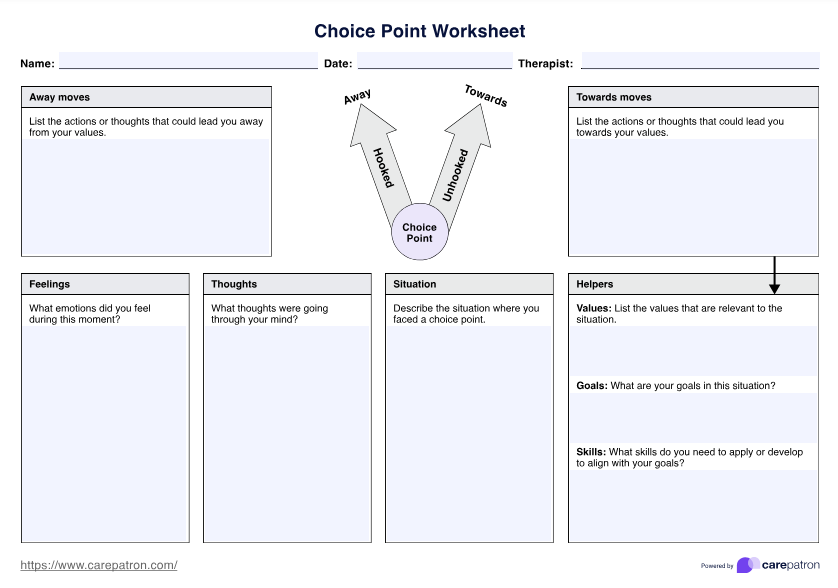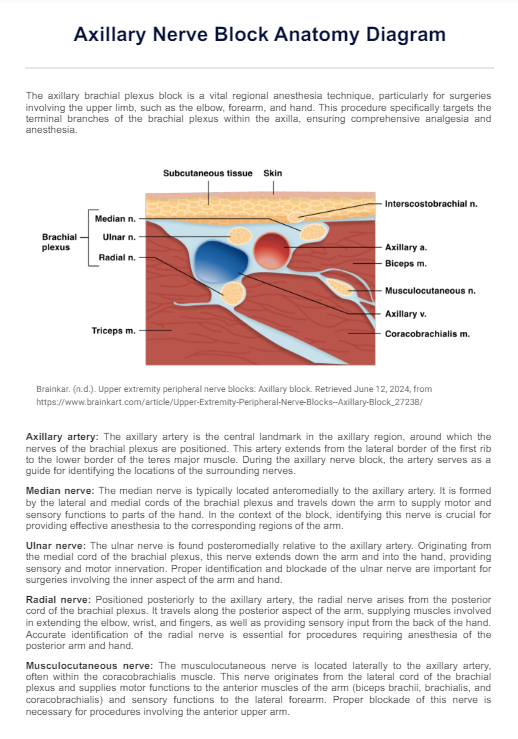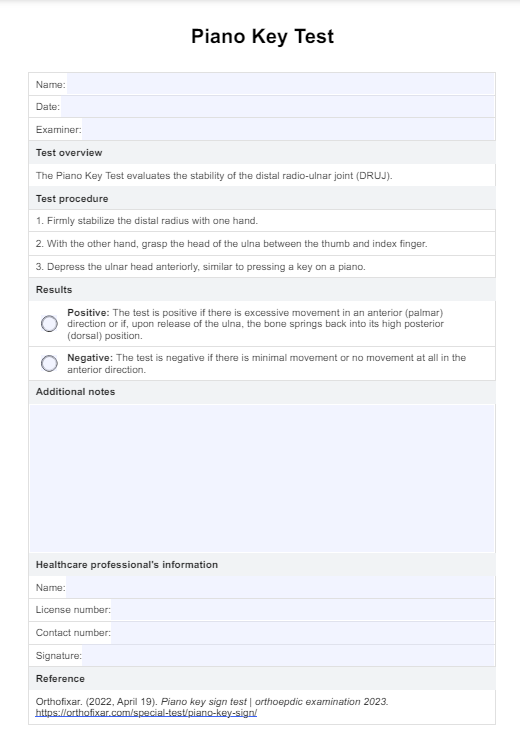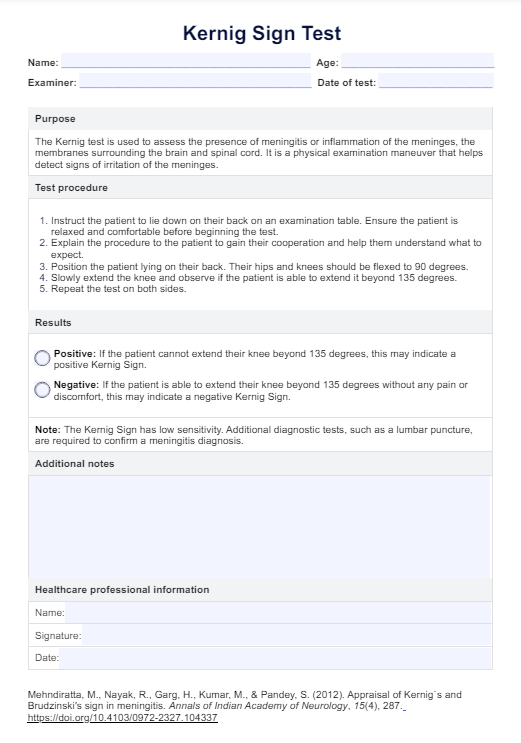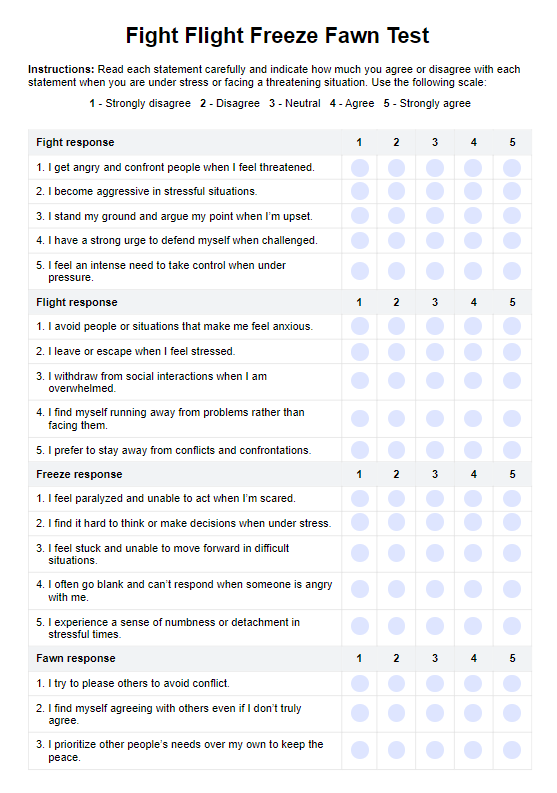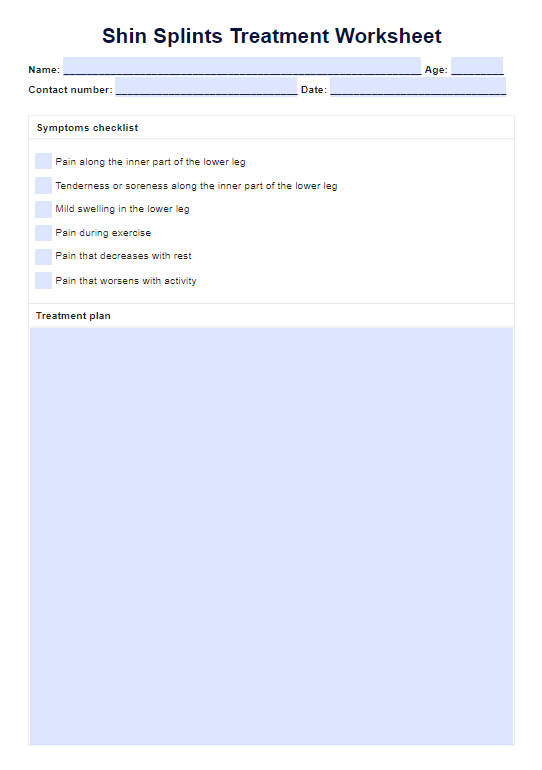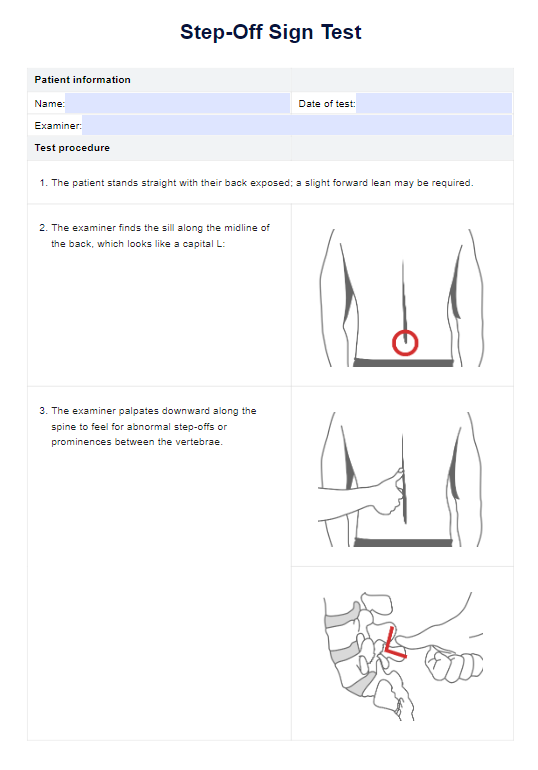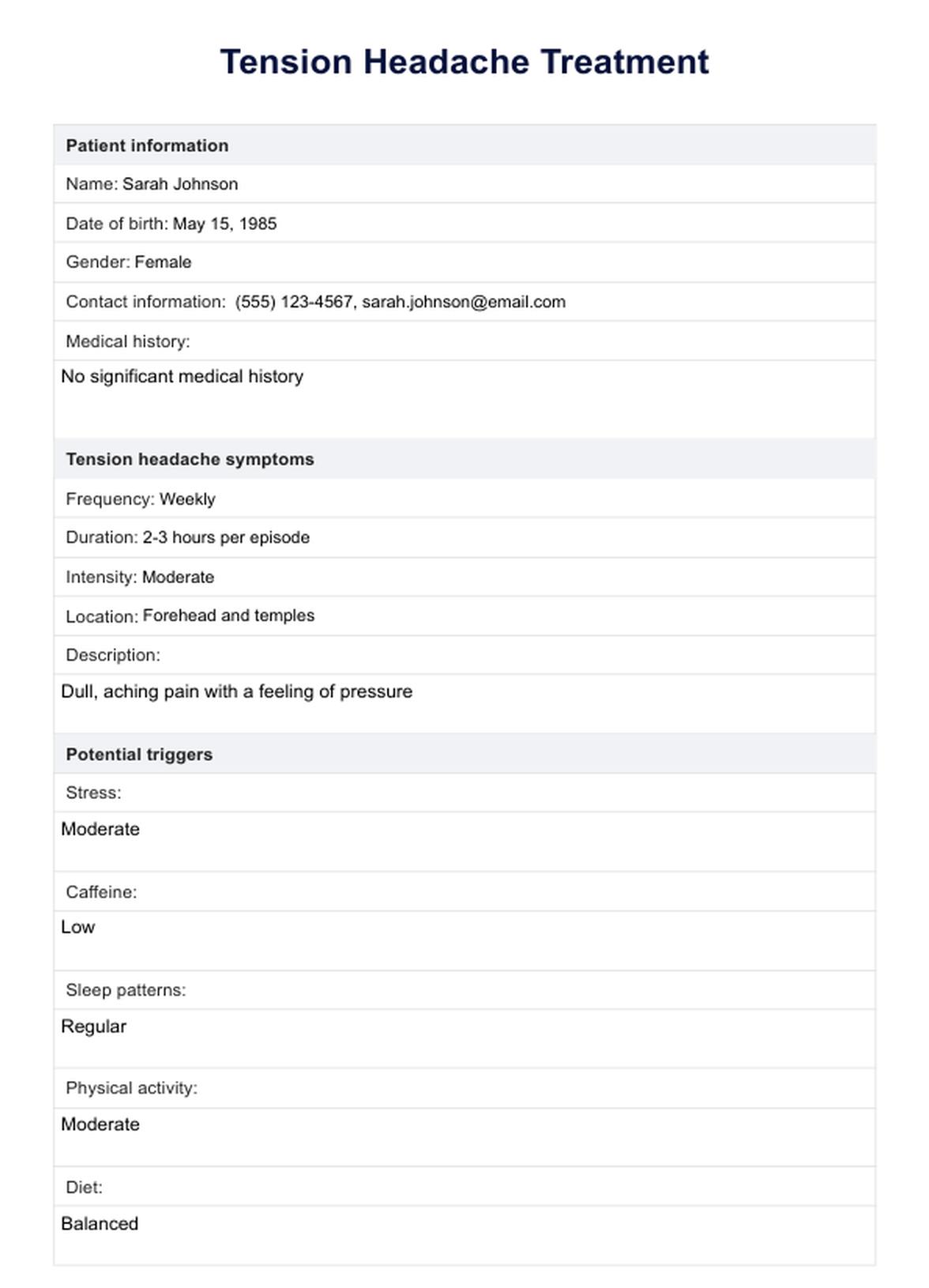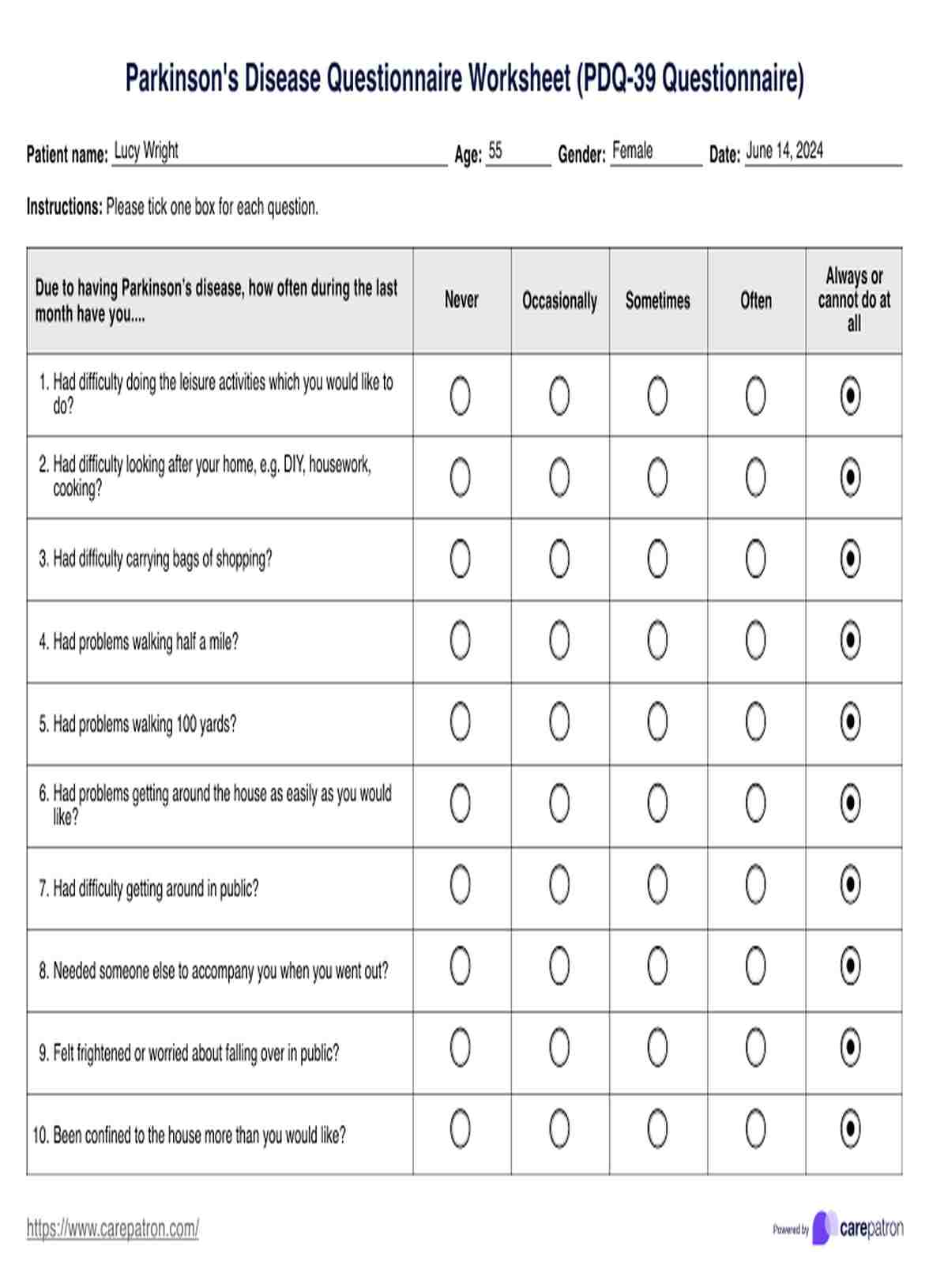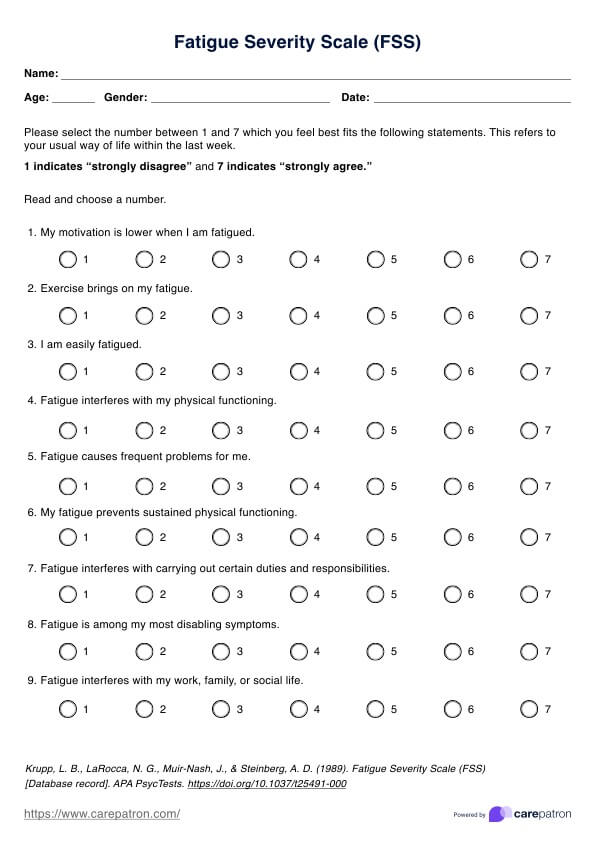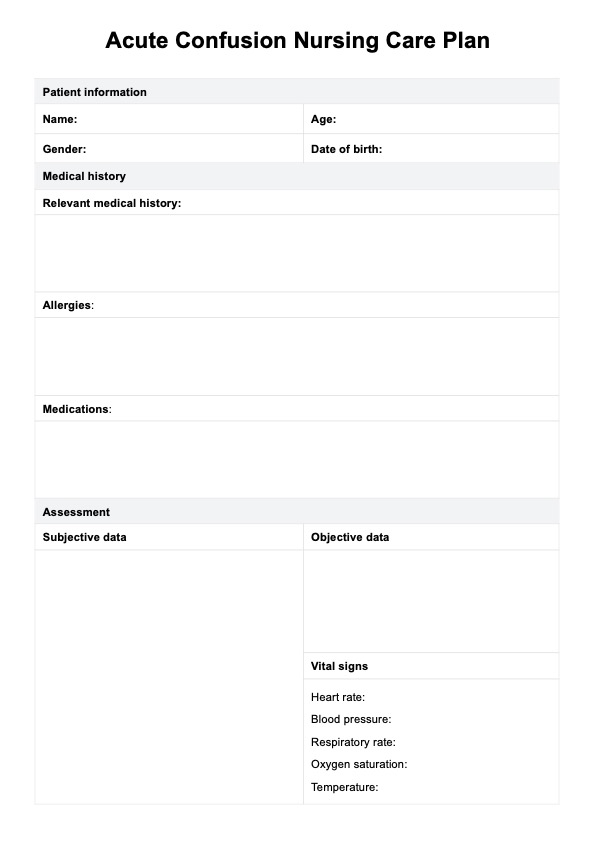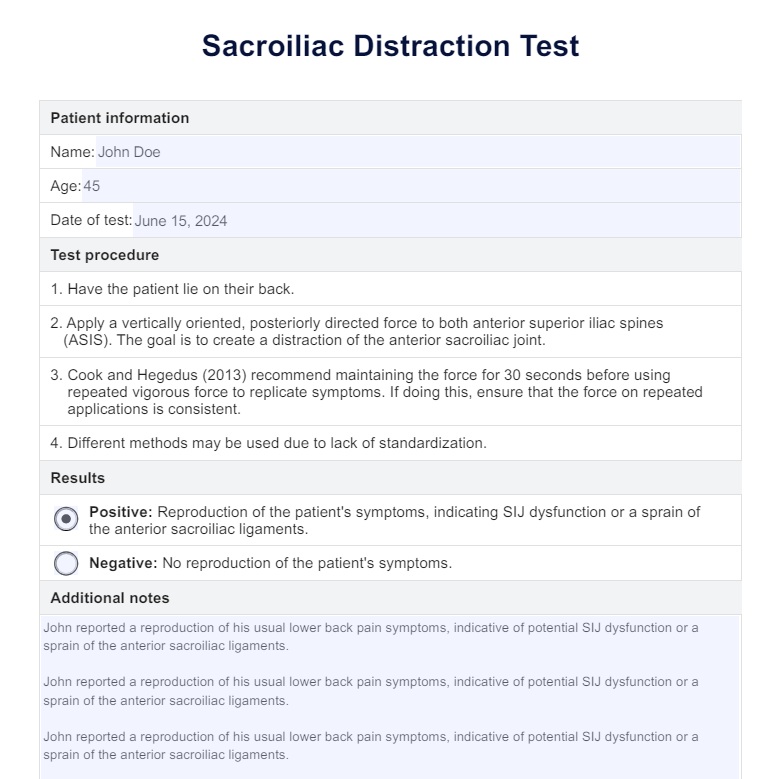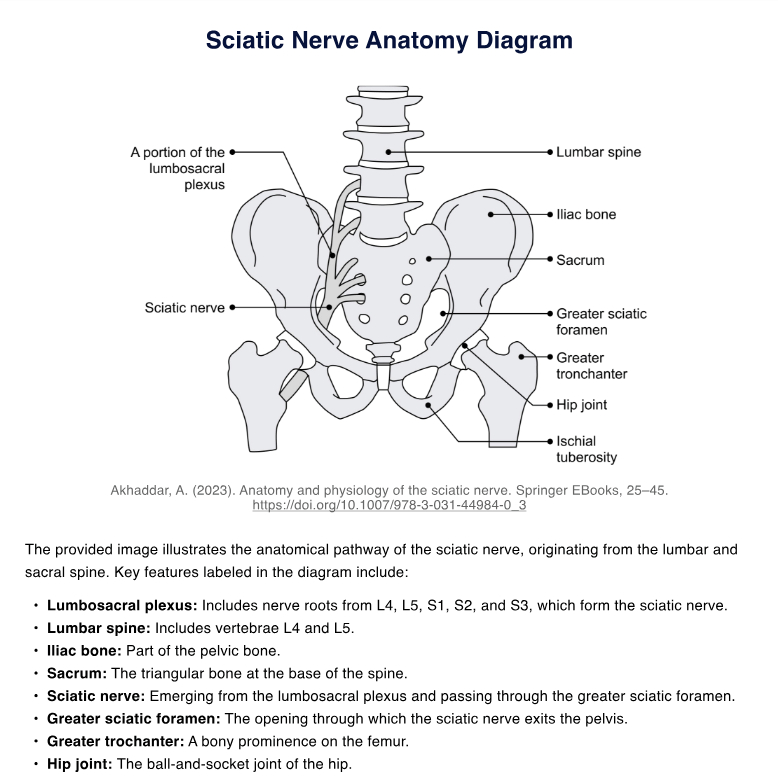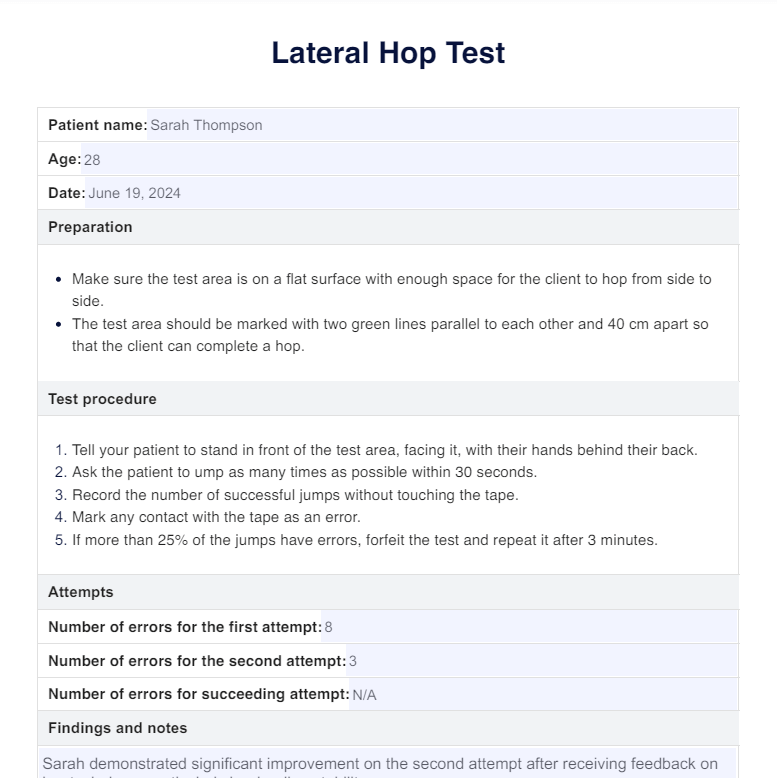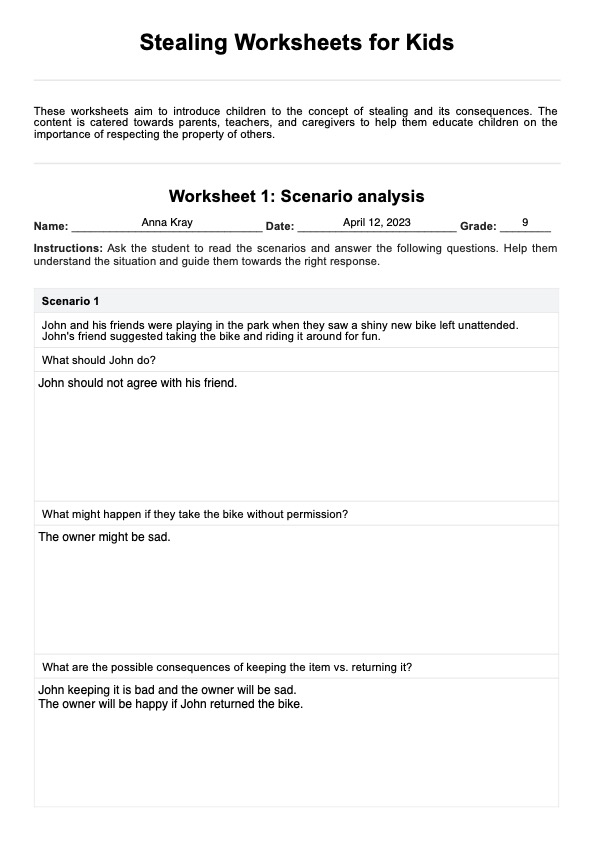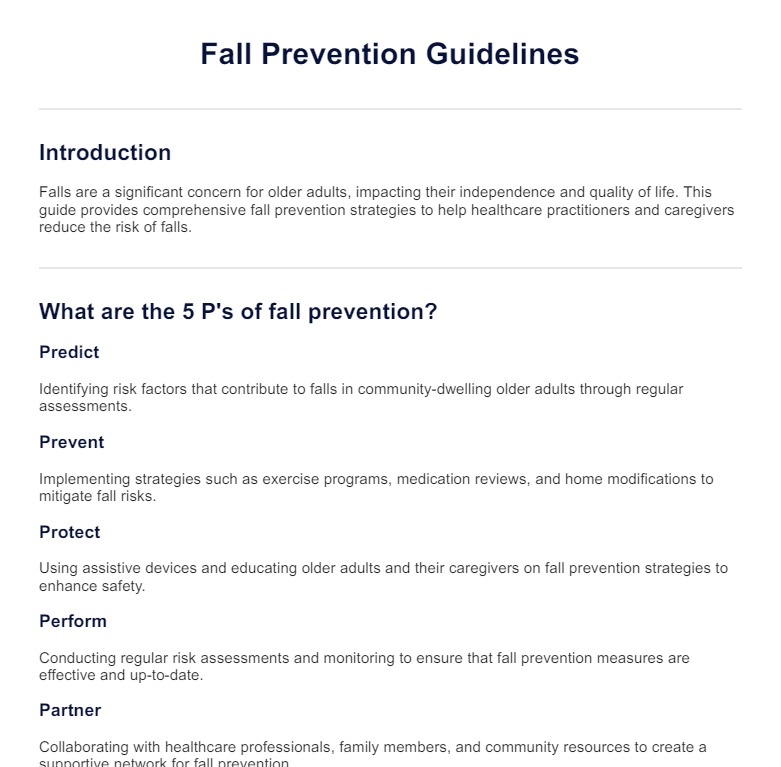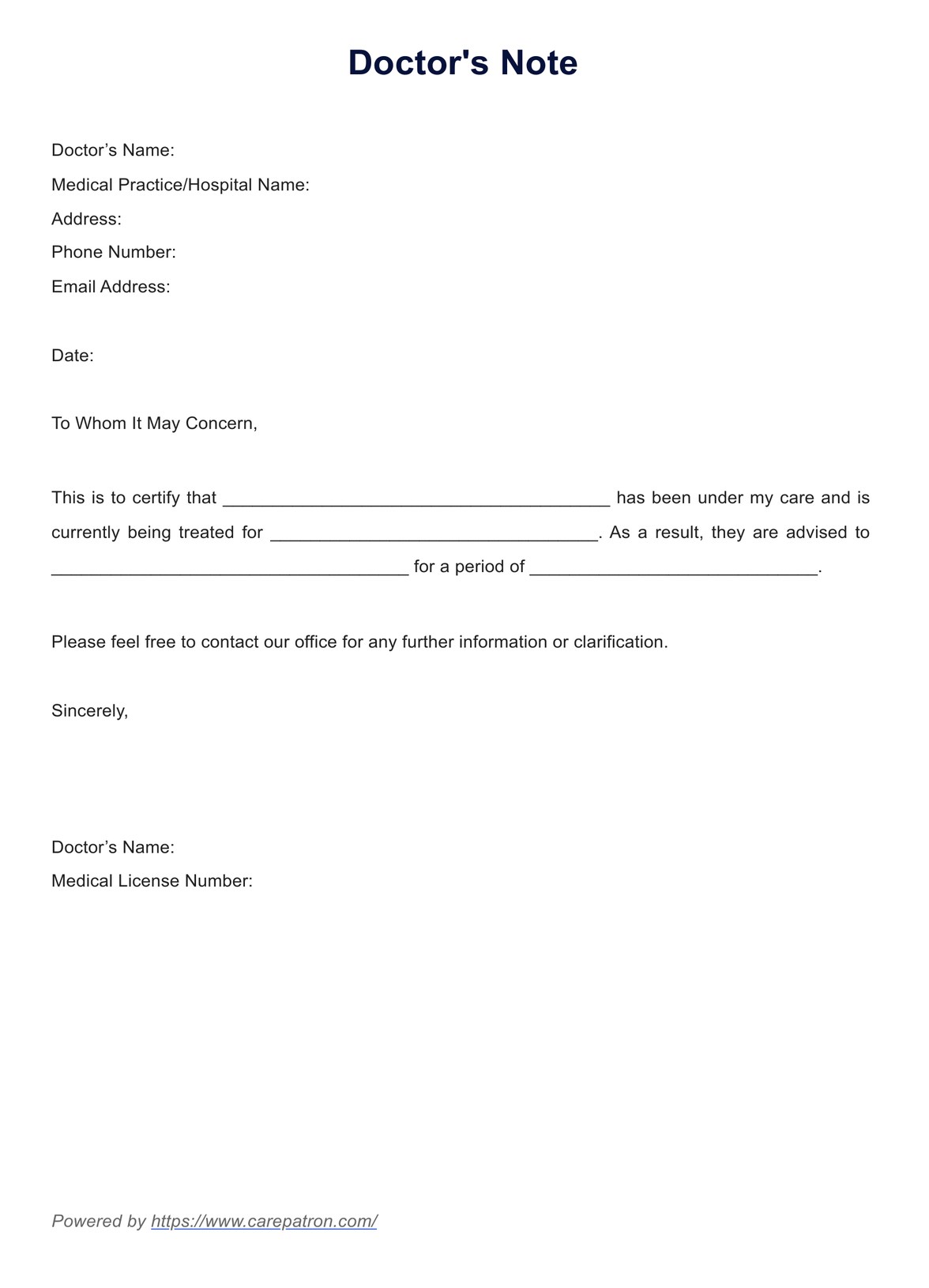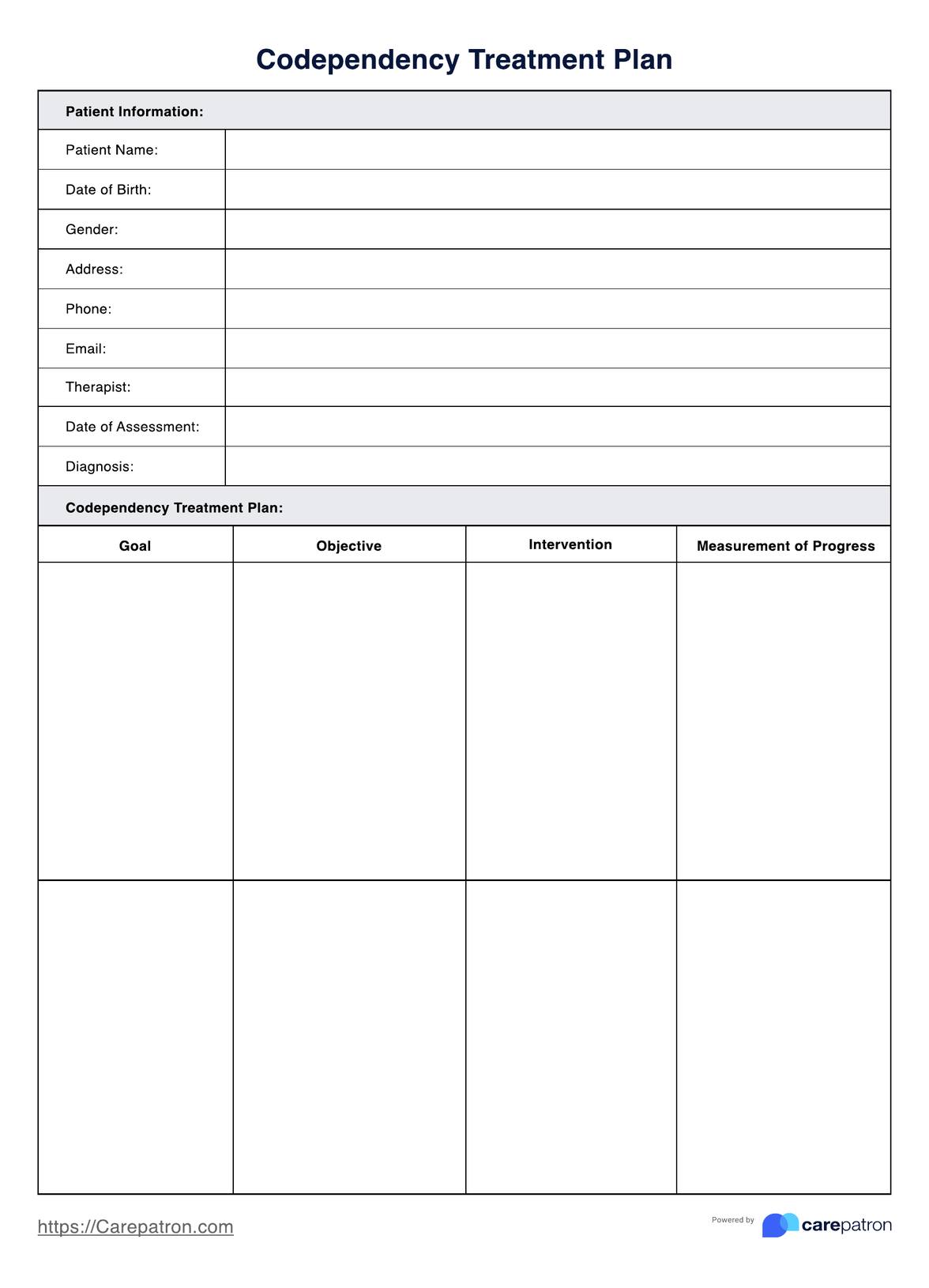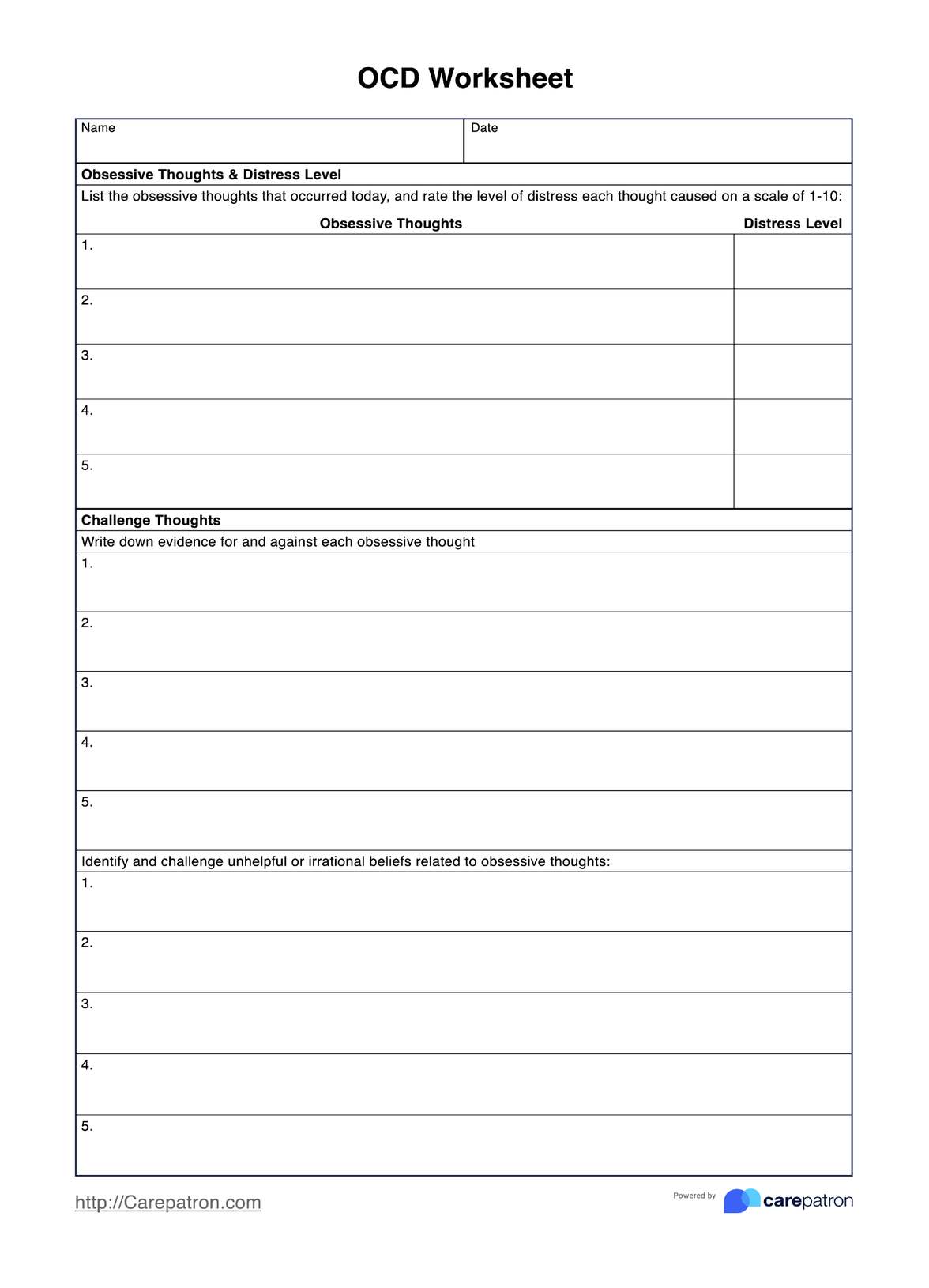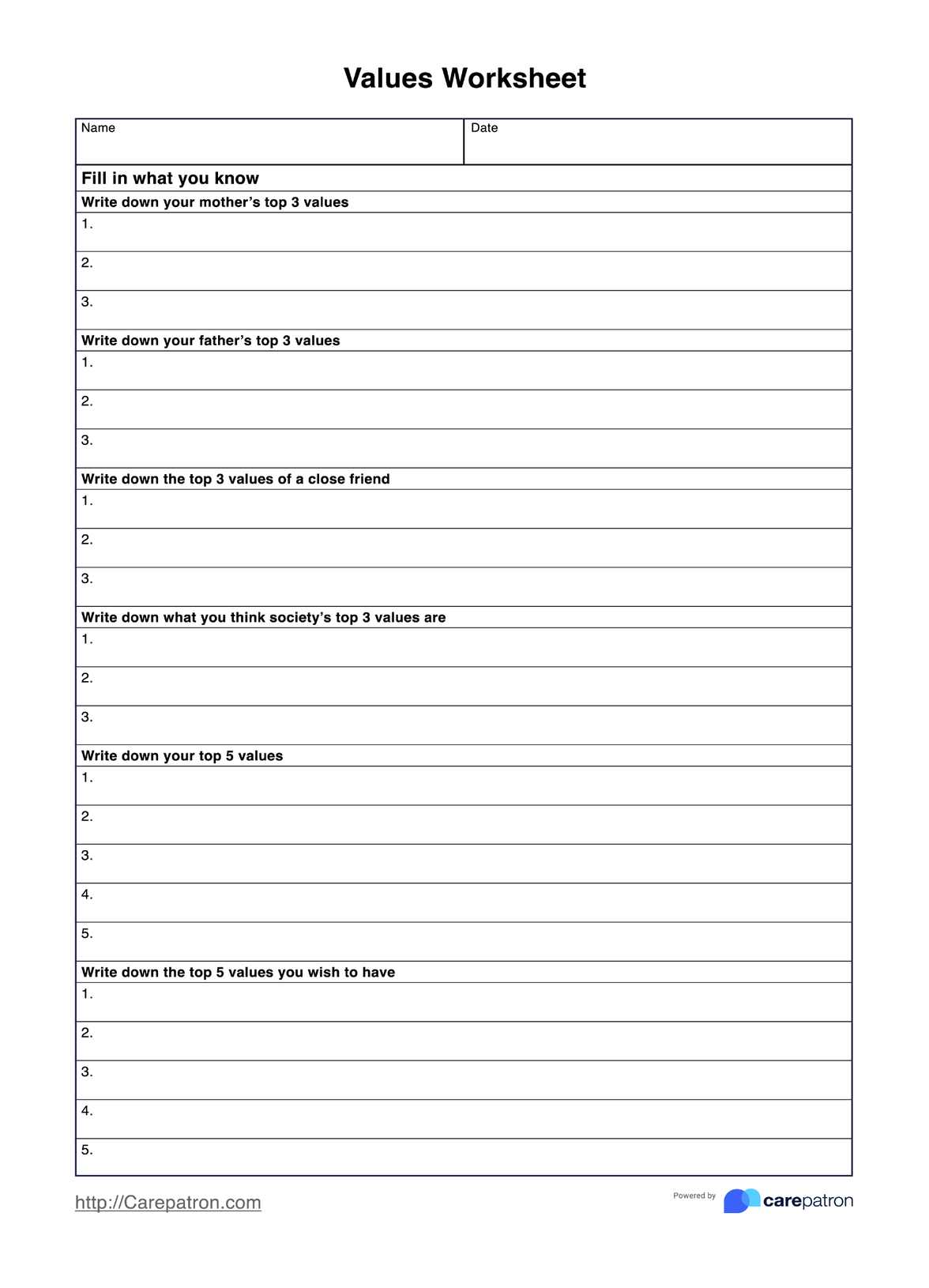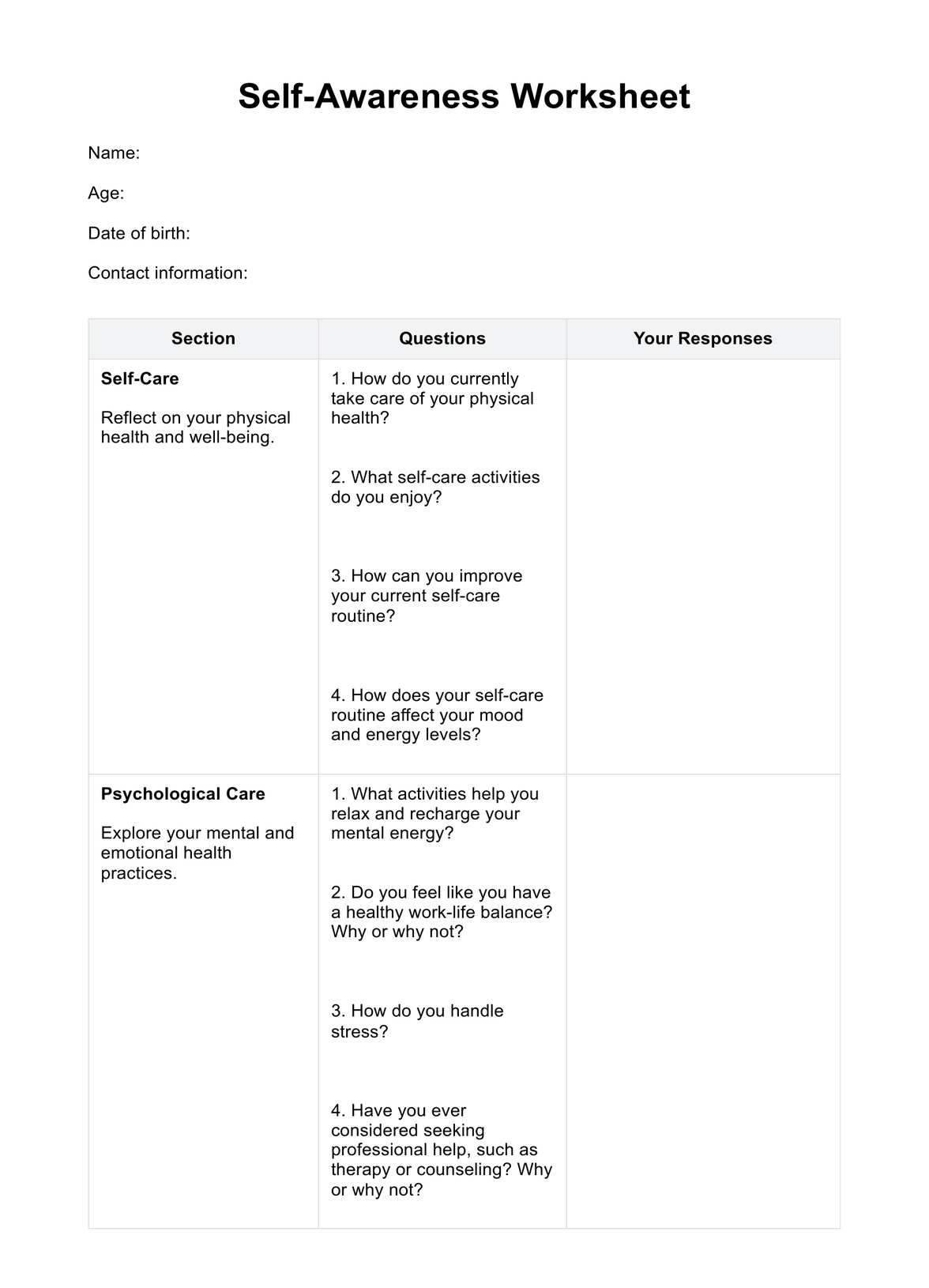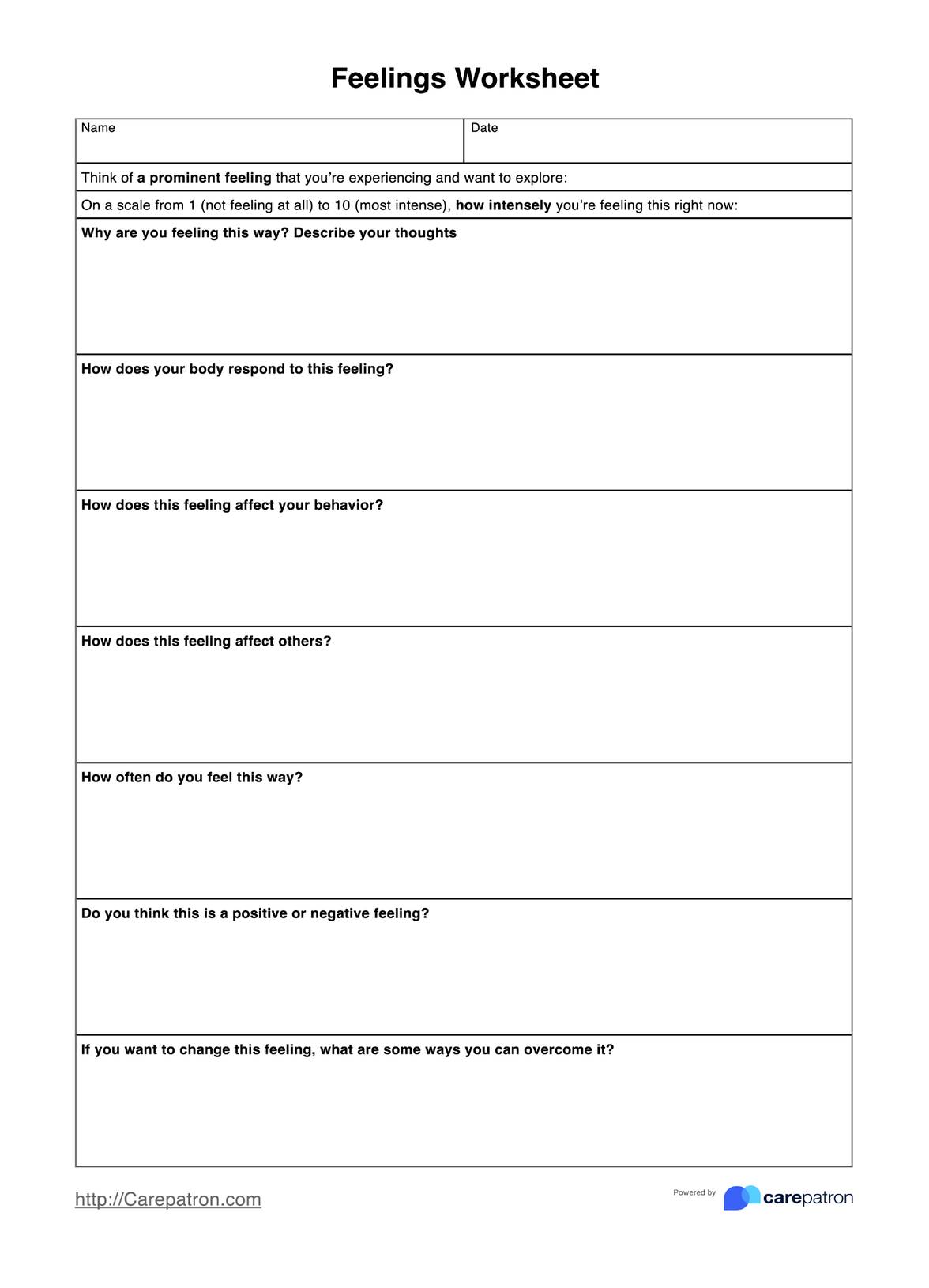ESA Letter Template
Access a free Emotional Support Animal Letter Template and sample to help you create a personalized ESA letter for your patient.


What is an Emotional Support Animal Letter?
Emotional support is a critical factor for maintaining mental health and well-being. It can provide individuals with a sense of connectedness, belonging, and self-confidence that fosters emotional resilience. People who receive emotional support during challenging times are more resilient to stress, better able to cope with difficult situations and report feeling more hopeful about life.
However, not everyone has the same access to strong emotional support. In this case, an emotional support animal (ESA) can provide comfort and solace in challenging times for other individuals. ESAs offer companionship, love, and an outlet to express emotions without judgment. They can also be trained to recognize signs of stress and anxiety, providing comfort and help when needed.
The Fair Housing Act (FHA) and the Air Carrier Access Act (ACAA) protect individuals with disabilities, including the right to have an emotional support animal in certain circumstances.
A mental health professional licensed in a client's area can recommend an ESA as a form of treatment for individuals with mental health conditions such as depression, anxiety, PTSD, and more. They can write a letter granting legal protection to the ESA under federal laws and ensuring the animal can accompany its owner in residential settings that otherwise prohibit pets and on commercial airlines under the previously more lenient guidelines before recent changes.
Qualifying disorders
When it comes to qualifying disorders for an ESA letter, it's essential to understand that a wide range of mental or emotional disabilities can potentially qualify. Generally, any condition or disorder recognized in the Diagnostic and Statistical Manual of Mental Disorders (DSM) significantly impairs an individual's ability to perform one or more major life activities that could qualify for an ESA.
Some of the most common qualifying disorders for an ESA letter include:
- Anxiety disorders (e.g., generalized anxiety disorder, social anxiety disorder, panic disorder)
- Depressive disorders (e.g., major depressive disorder, persistent depressive disorder)
- Post-traumatic stress disorder (PTSD)
- Bipolar disorder
- Autism spectrum disorder
- Attention-deficit/hyperactivity disorder (ADHD)
- Obsessive-compulsive disorder (OCD)
- Schizophrenia and other psychotic disorders
It's crucial to note that the mere presence of a diagnosed mental or emotional disorder is not enough to qualify for an ESA letter. The mental health professional must also determine that the presence of an emotional support animal effectively mitigates the individual's condition (Younggren et al., 2016). The ESA must provide therapeutic benefits and alleviate one or more identified symptoms or effects of the disability.
Additionally, the mental health professional should consider the individual's ability to care for and maintain the ESA's well-being and any potential impacts on others in the living environment (Hahn et al., 2020).
Emotional support animal requirements
Practitioners should know specific requirements when integrating an ESA into a patient's treatment plan. While ESAs do not require the same training as service animals, there are still essential criteria and considerations to address.
- Needed documentation: Patients must have an ESA letter from a licensed mental health professional stating the patient's mental health condition and the necessity of the ESA for their emotional support. For instance, the practitioner can write an emotional support dog letter for their patient.
- Behavior standards: Despite the lack of required training, ESAs should be well-behaved in a public setting and must not threaten others or cause significant disturbance.
- Animal type and size: Traditionally, ESAs are dogs or cats, but other animals have been accepted in some instances. If travel or accommodation adjustments are sought, size and breed restrictions depend on individual airline and housing policies.
- Compliance with policies: ESA handlers must abide by local, state, and federal laws, including public health requirements such as vaccination and animal registration.
Difference between emotional support animals and service animals
While both types of animals can assist individuals with disabilities, they have distinct legal definitions, rights, and responsibilities.
ESAs provide comfort and support in the form of companionship and affection for individuals suffering from mental or emotional disorders. Unlike service animals, ESAs are not required to perform specific tasks related to a person's disability. Their primary role is to offer emotional stability and alleviate symptoms of psychological disorders.
More importantly, ESAs are not limited by species. This can go beyond writing an emotional support dog letter. Various animals can qualify as ESAs. However, ESAs generally do not have access rights to public spaces, like restaurants or stores, unless pet-friendly places exist.
In contrast, service animals are specifically trained to perform tasks for the benefit of an individual with a disability, including physical, sensory, psychiatric, intellectual, or other mental disabilities. The most common examples are guide dogs for the blind or visually impaired, but service animals can also be psychiatric service dogs who assist with tasks such as pulling a wheelchair, alerting to sounds for people who are deaf or hard of hearing, or even detecting an impending seizure.
Under the Americans with Disabilities Act (ADA), service animals are entitled to accompany their owners in most public areas where pets are typically not allowed. This includes restaurants, schools, and other places open to the public.
To further support the needs of individuals requiring emotional assistance, consider utilizing various templates available, such as the service dog letter, ESA letter template, and emotional support animal letter template. These templates ensure compliance with legal requirements and provide standardized documentation for healthcare providers.
ESA Letter Template
ESA Letter Template Example
Do ESA regulations change depending on location?
Emotional support animal laws and regulations can vary significantly depending on the location. Healthcare practitioners must be aware of these differences to provide accurate guidance to their patients and comply with relevant laws and regulations.
At the federal level, the Fair Housing Act (FHA) and the Air Carrier Access Act (ACAA) provide protections for individuals with disabilities, including the right to have an emotional support animal in certain housing situations and on flights. However, the specific rules and requirements can differ from state to state and even between cities or municipalities.
For example, some states have implemented laws or regulations regarding ESA letter requirements. These can range from specific documentation requirements to restrictions on the types of animals that can qualify as ESAs. For instance, California law honors ESA letters from California residents eligible for legitimate requirements.
Another example would be ESA letters for Texas residents. Those who want an ESA in this state have to prove they have a disability through the verification by a healthcare professional and a doctor's note stating that the person with the disability needs an ESA. This doctor's letter should be enough to satisfy any requirements concerning having an ESA. Landlords can't charge additional fees concerning the animal. Emotional support animal Texas letter templates can be used to apply for an ESA in Texas.
Also, housing providers, such as landlords, property management companies, and homeowners' associations, may have policies and procedures for approving and accommodating ESAs. While they must comply with federal and state laws, they may have additional guidelines or requirements within those legal boundaries (Schoenfeld-Tacher et al., 2017).
How does this ESA Letter for Housing Template work?
This emotional support animal letter template is designed to help you create compelling and valid ESA letter requests for your patient's housing provider. This ensures that an ESA is allowed within their place of residence. Follow the steps below to get started:
Step 1: Download the template
Access the free ESA letter template for housing using the link provided on this page. You can also download it from the Carepatron app or the resources library.
Step 2: Fill in the required information
Fill in all fields with your patient's personal and health information. Be sure to include your name, contact information, and license number. You should also include the ESA's type, breed, and name in the letter. Sign the letter to certify that it is valid.
Step 3: Submit the letter
Submit the ESA letter to your patient's housing provider as legal documentation for their request for an emotional support animal. You can provide a printed hard copy or a digital form.
When should you use an ESA Template Letter for Housing?
An ESA letter template can be helpful when creating an emotional support animal letter for housing. It makes the entire process simpler and more efficient, saving time and effort. You can also use the accessible free template to:
Confirm a patient's eligibility for an ESA
Using this emotional support animal letter template for housing, you can certify a patient's eligibility for an emotional support animal. This letter serves as legal documentation that verifies the need for an ESA and can be shared with the patient's housing provider.
Help a patient obtain an emotional support animal
When a patient has been prescribed an emotional support animal, they can use this ESA letter template to make their request official. This document can help your patients obtain the companionship and support they need and make a lasting impact on their mental health.
Secure the rights of patients with disabilities
This ESA letter template can help you validate the emotional support animal's type, breed, and name. It also helps protect your patient by confirming their need for an ESA and ensuring they are not denied housing due to their condition.
To further enhance your practice, check out our prescription template and mental health treatment plan template.
Who can write an ESA Letter?
This free emotional support animal letter for housing template is designed to help mental health professionals create effective ESA letters for their patients. It can be used by a licensed medical professional such as:
- Therapists
- Counselors
- Psychiatrists
- Clinical social workers
- Psychiatric pharmacists
References
Hahn, S. A., Hinton, J., & Hallyburton, A. (2020). Emotional support animals: An overview of practical and legal issues for social workers. Health and Social Work, 45(4). https://doi.org/10.1093/hsw/hlaa024
Schoenfeld-Tacher, R., Hellyer, P., Cheung, L., & Kogan, L. (2017). Public perceptions of service dogs, emotional support dogs, and therapy dogs. International journal of environmental research and public health, 14(6), 642. https://doi.org/10.3390/ijerph14060642
Younggren, J. N., Boisvert, J. A., & Boness, C. L. (2016). Examining emotional support animals and role conflicts in professional psychology. Professional Psychology: Research and Practice, 47(4), 255–260. https://doi.org/10.1037/pro0000083
Commonly asked questions
To qualify for an emotional support animal, you must have a diagnosed mental or emotional disorder, and a healthcare provider or mental health professional must determine that the presence of the animal alleviates symptoms of your condition. This typically involves obtaining an ESA letter from the professional.
The Fair Housing Act allows ESAs in housing situations, including apartments, condominiums, and houses, even with a "no pets" policy. The Air Carrier Access Act also will enable ESAs to accompany their owners on flights.
No, ESA letters typically expire and may need to be renewed periodically.


